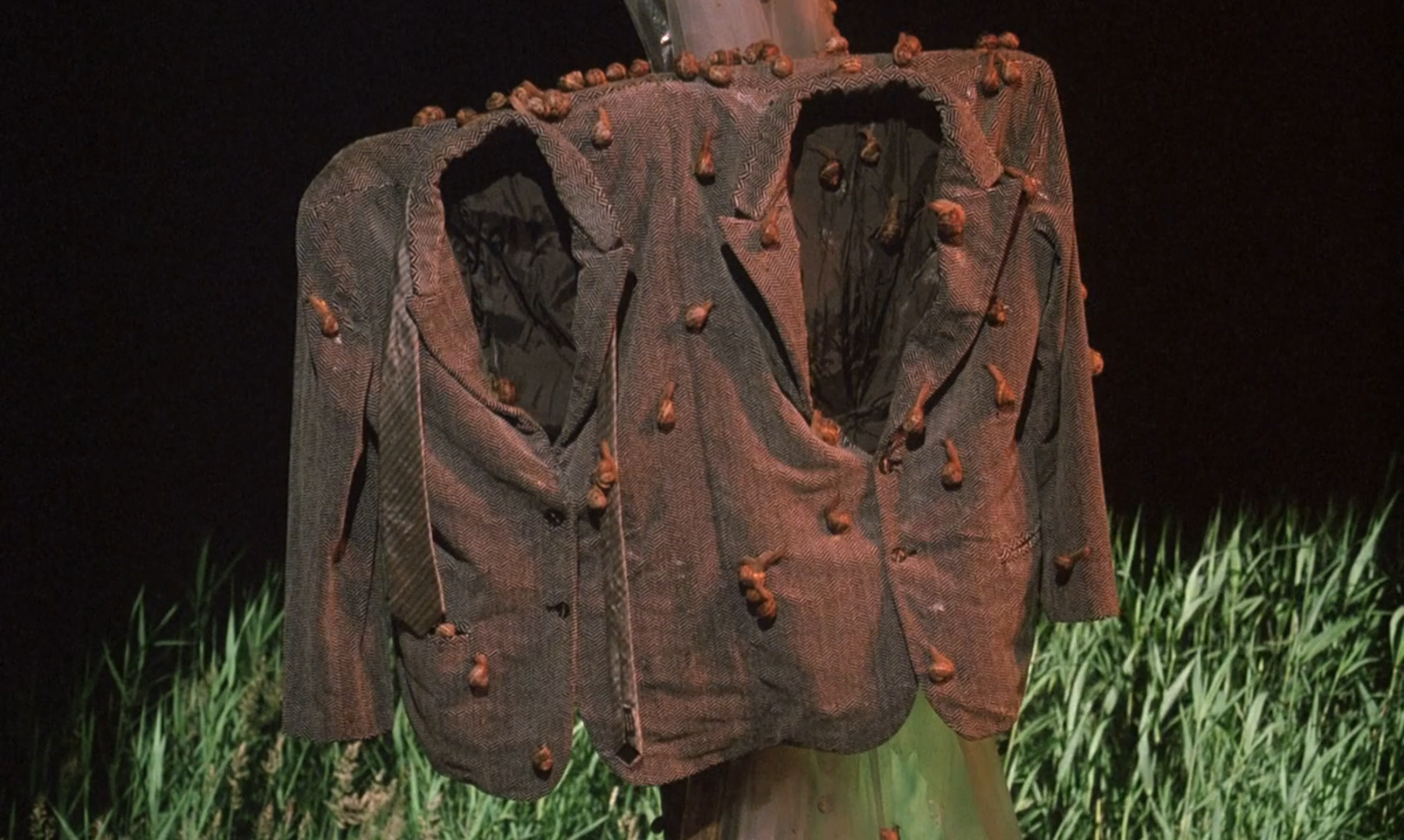

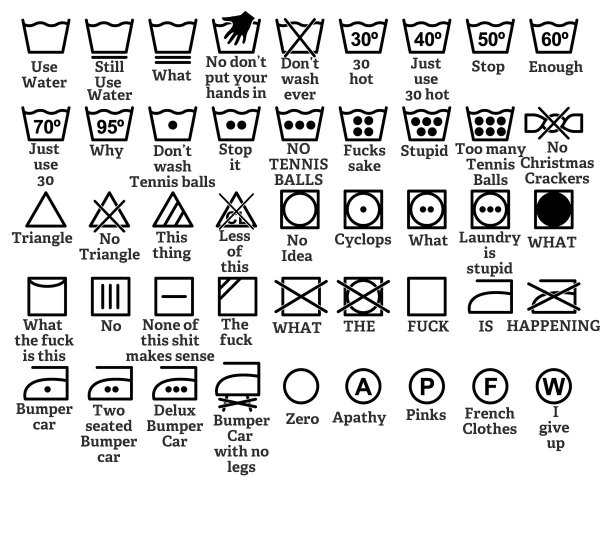
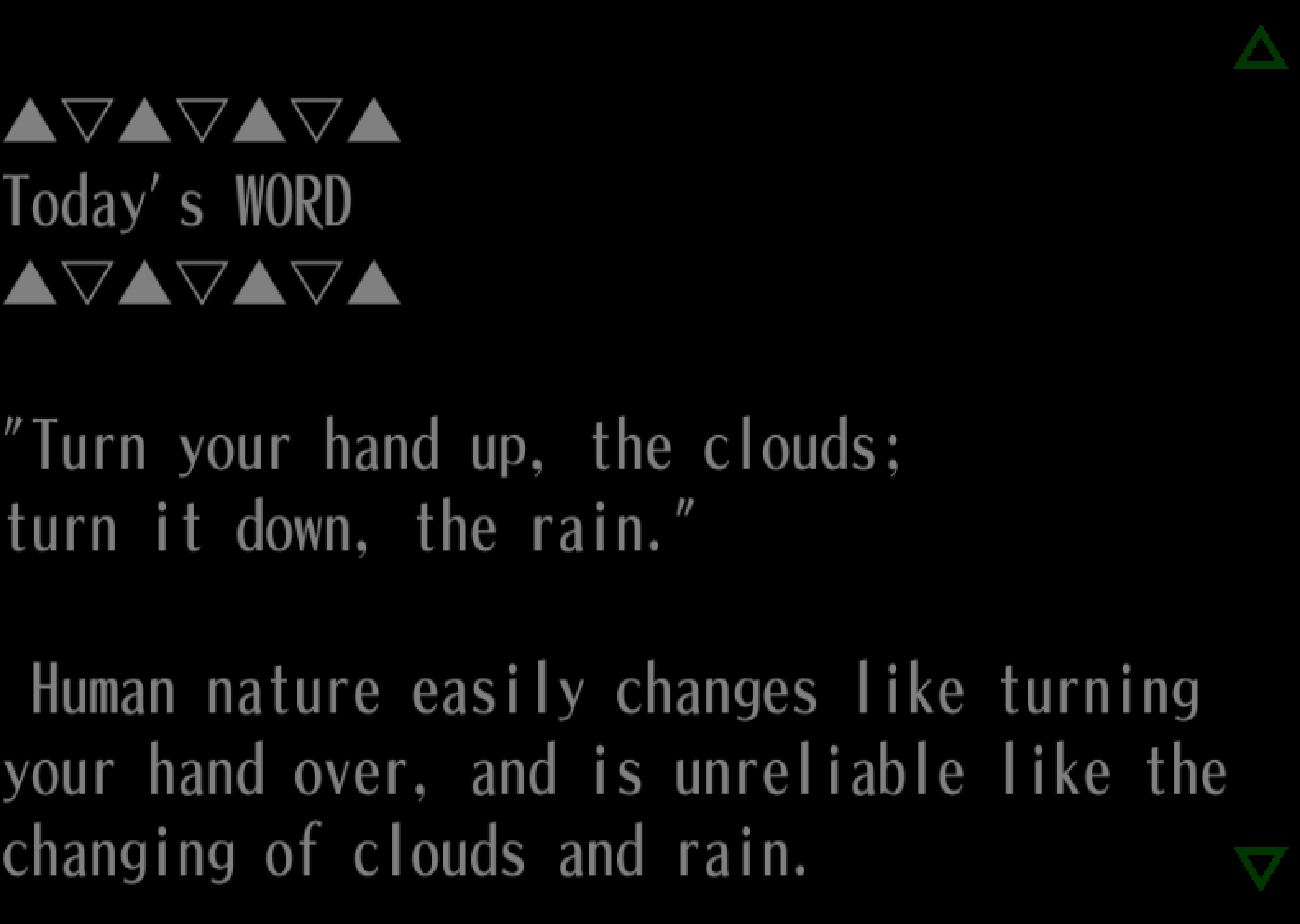
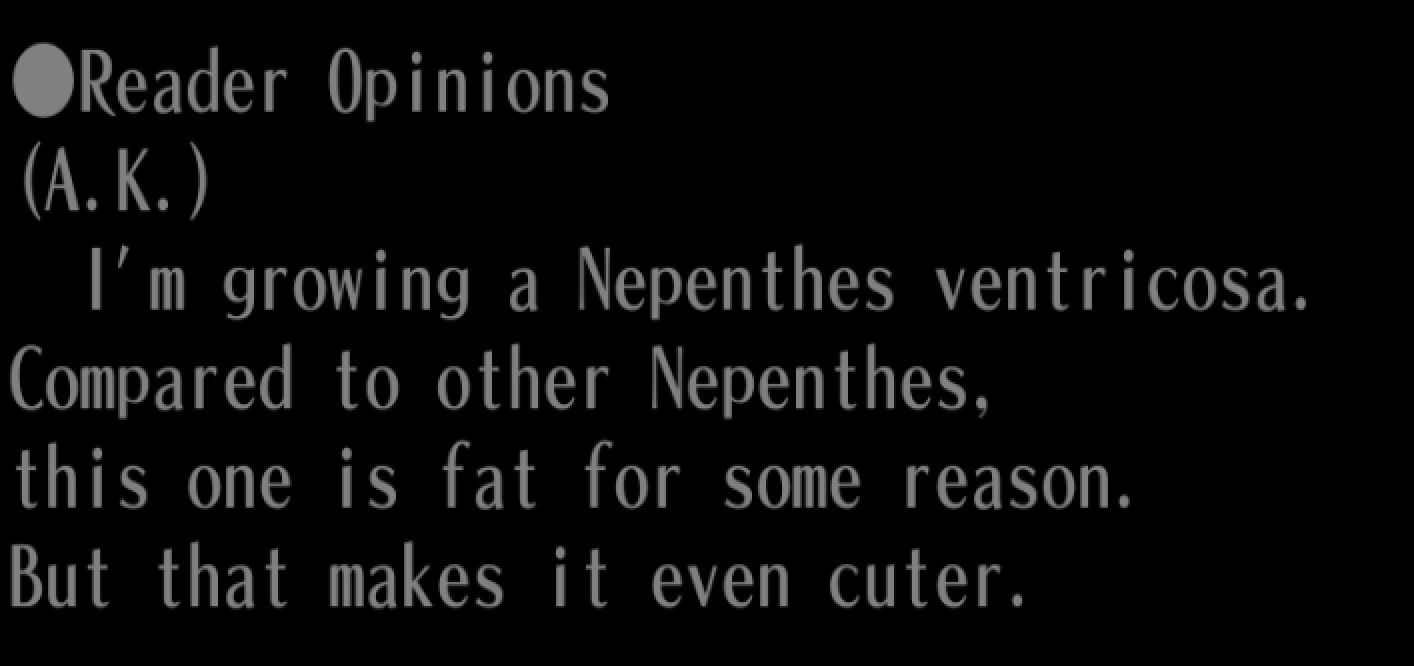
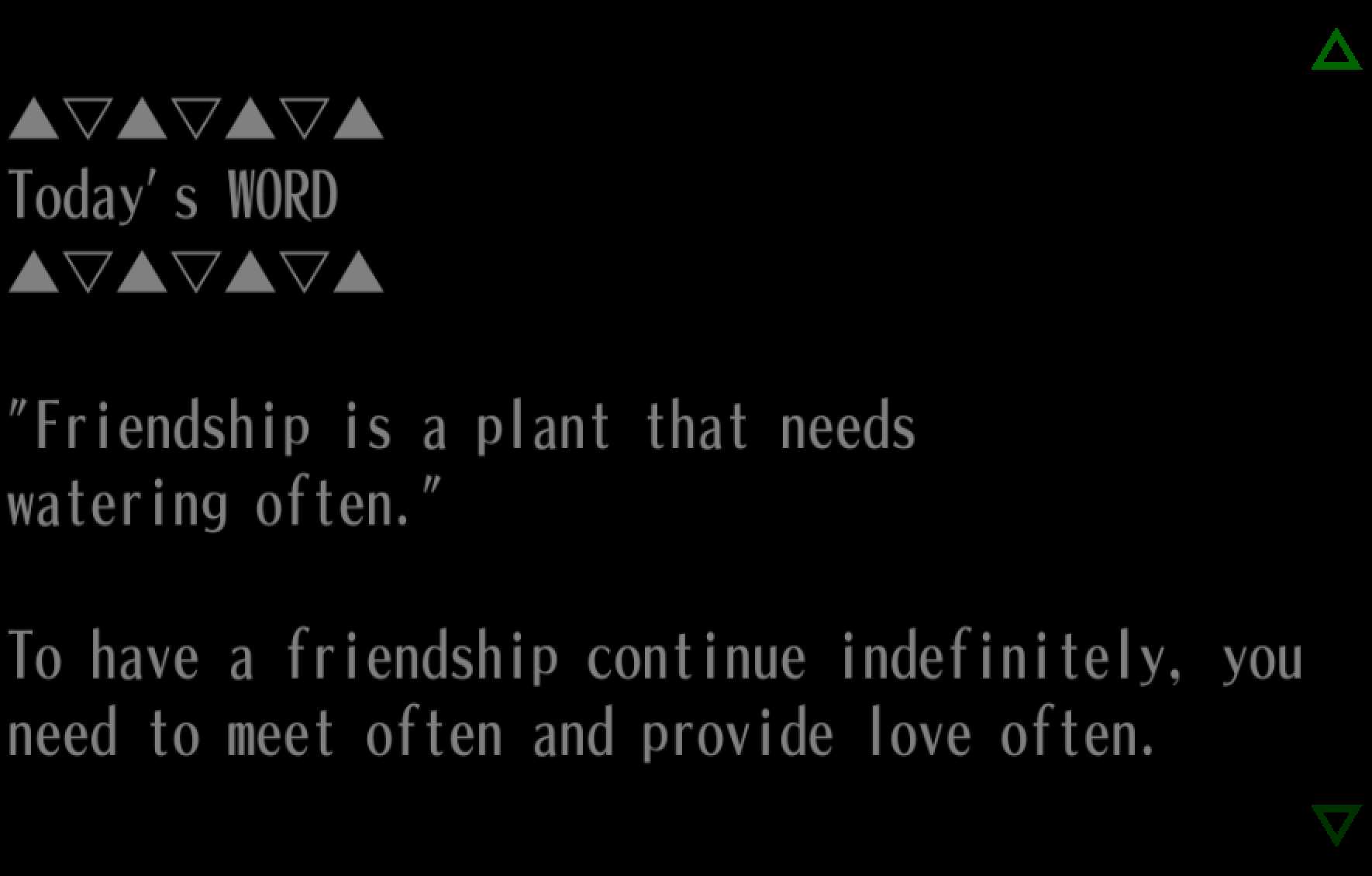
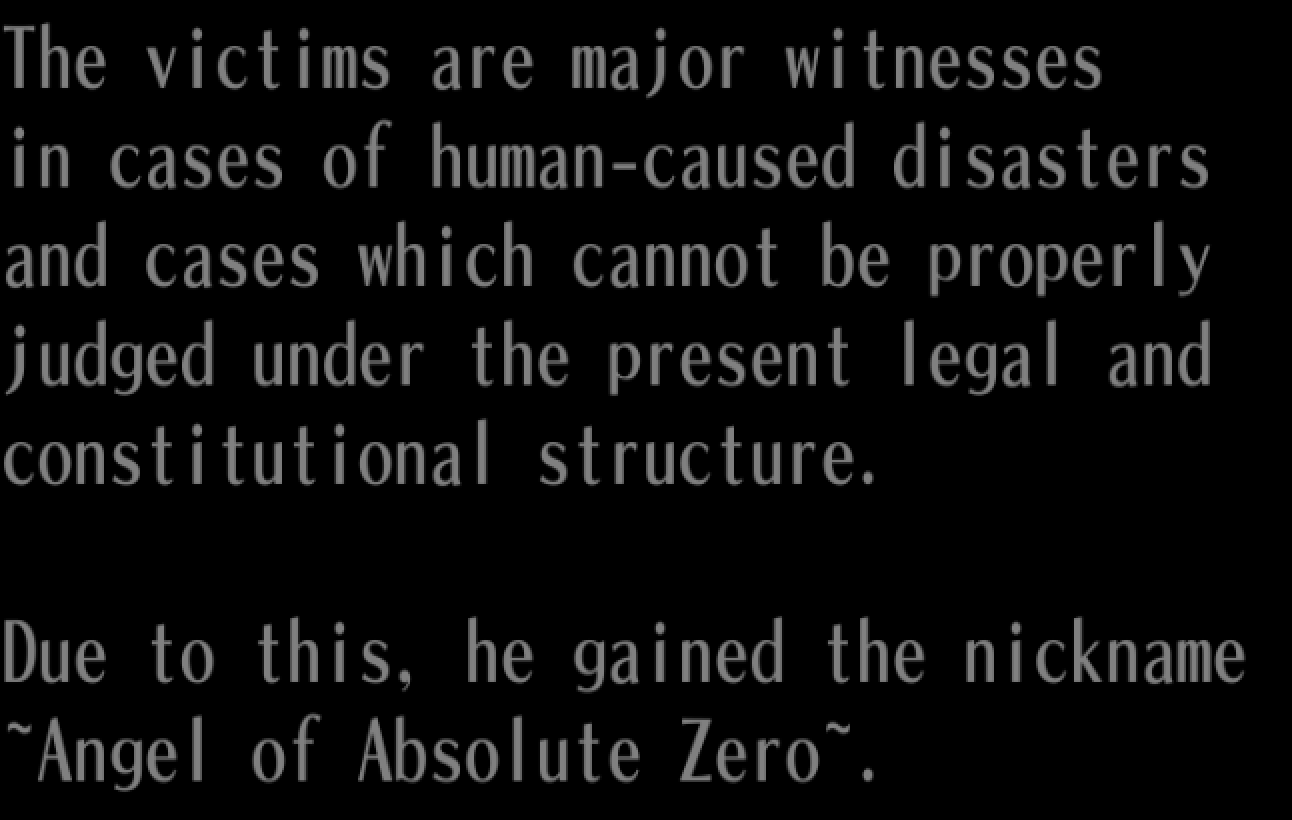
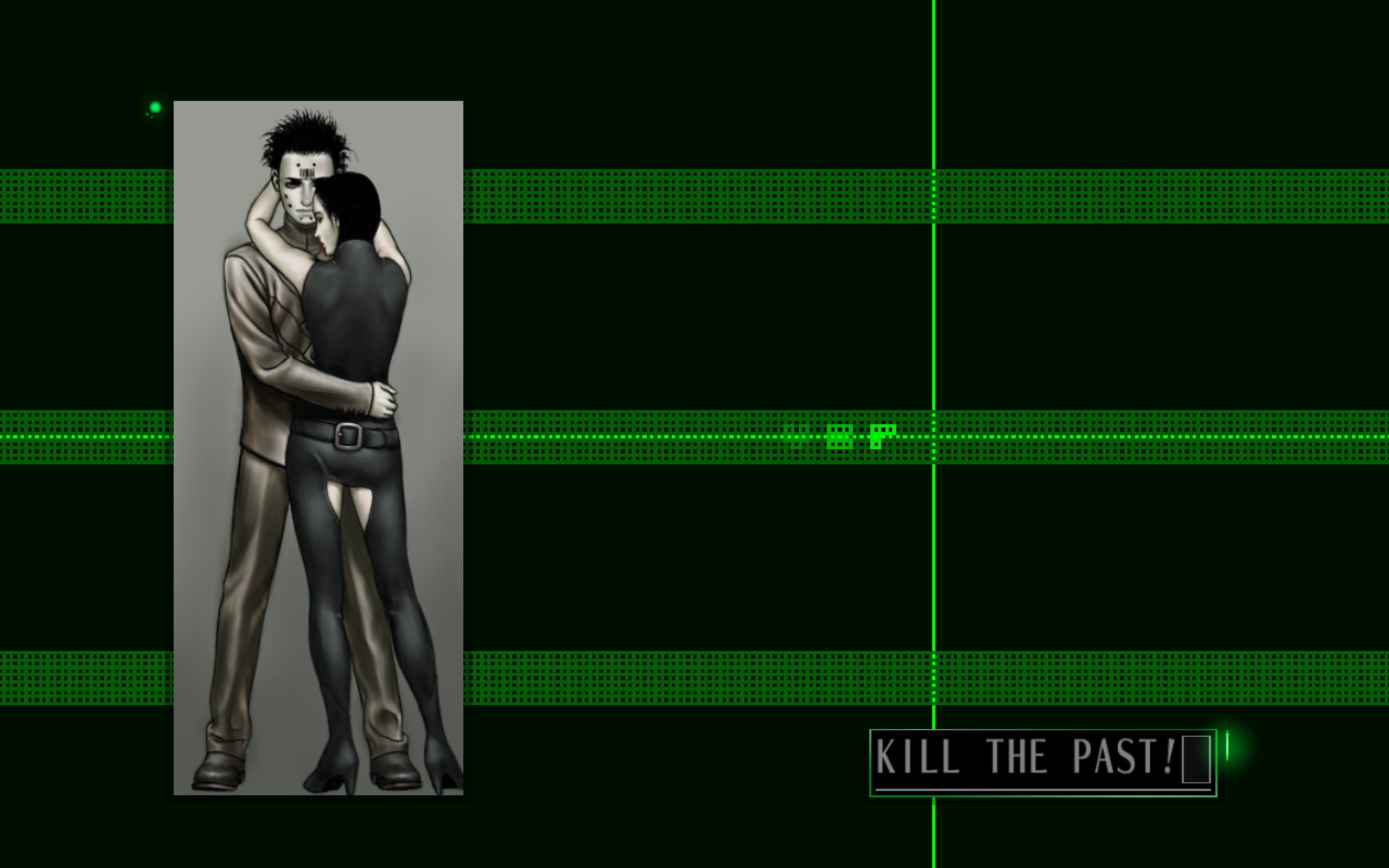
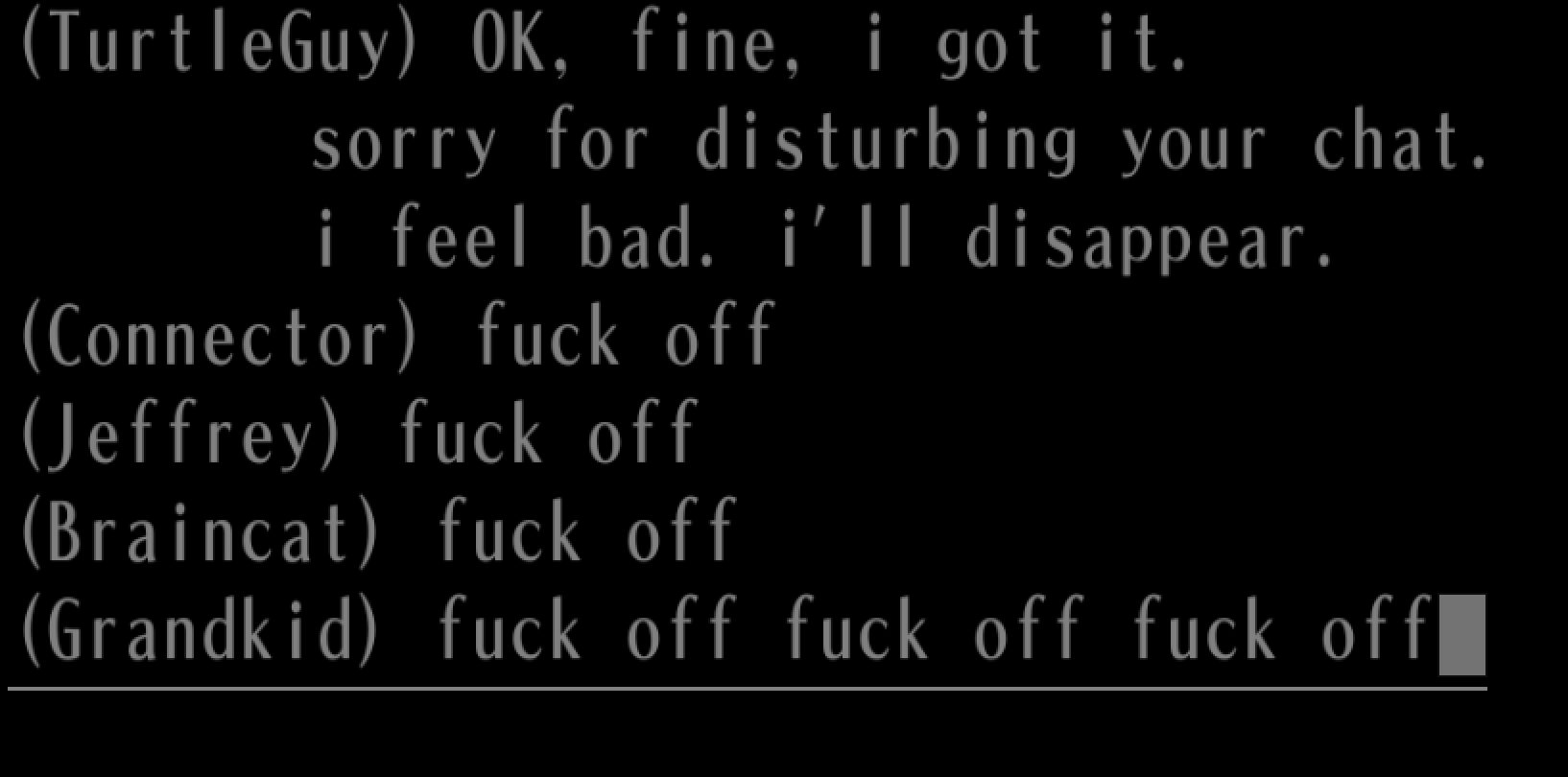
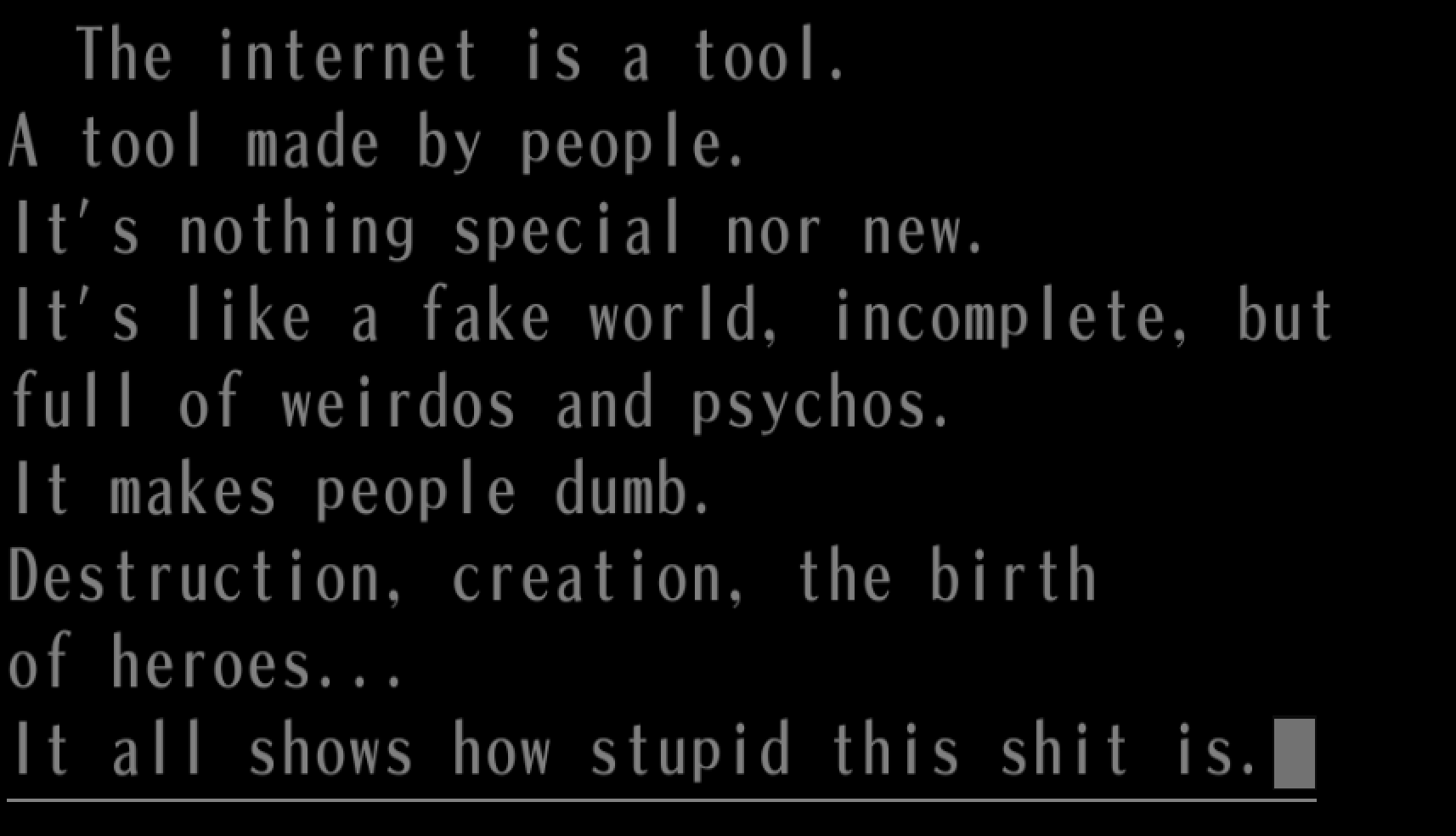
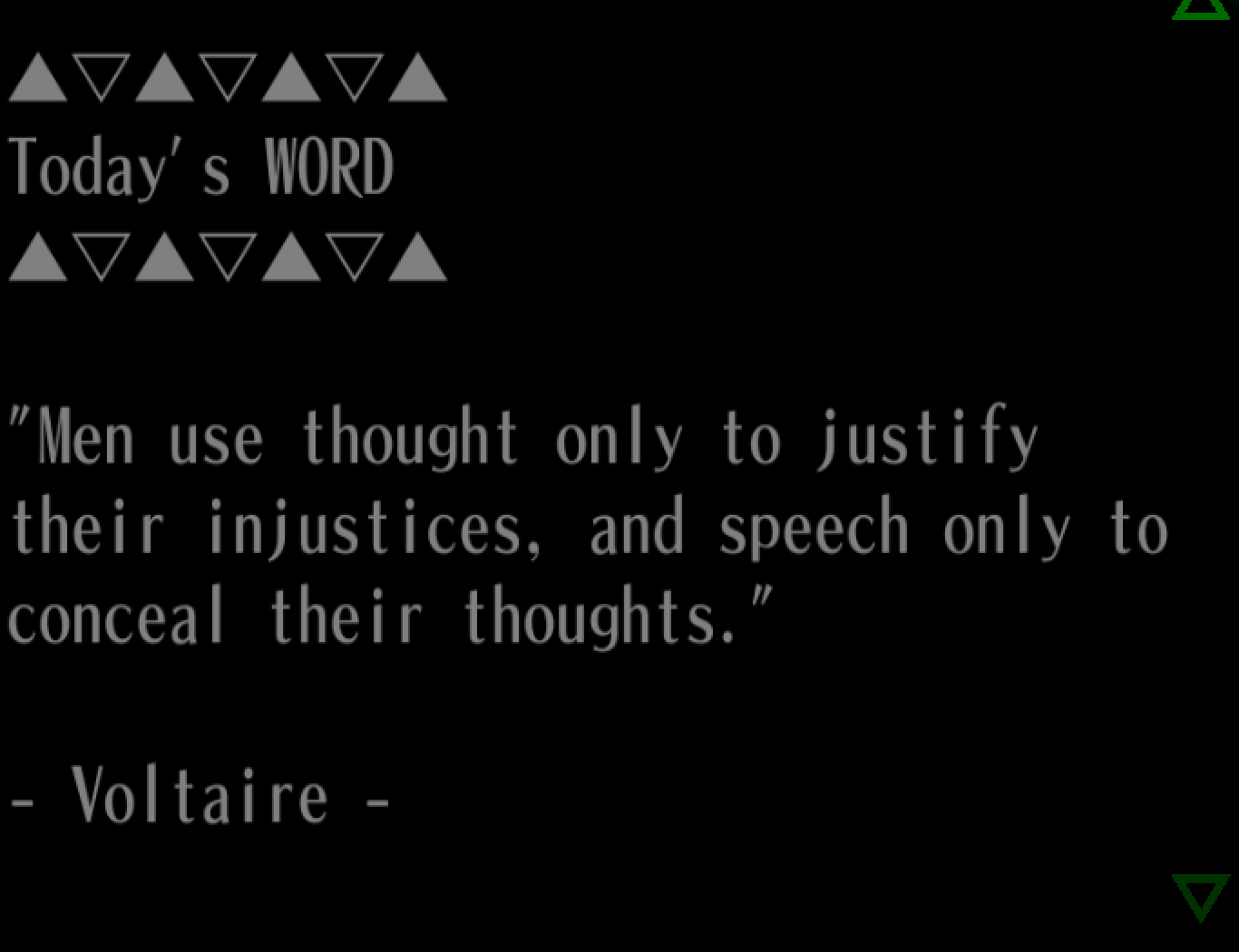
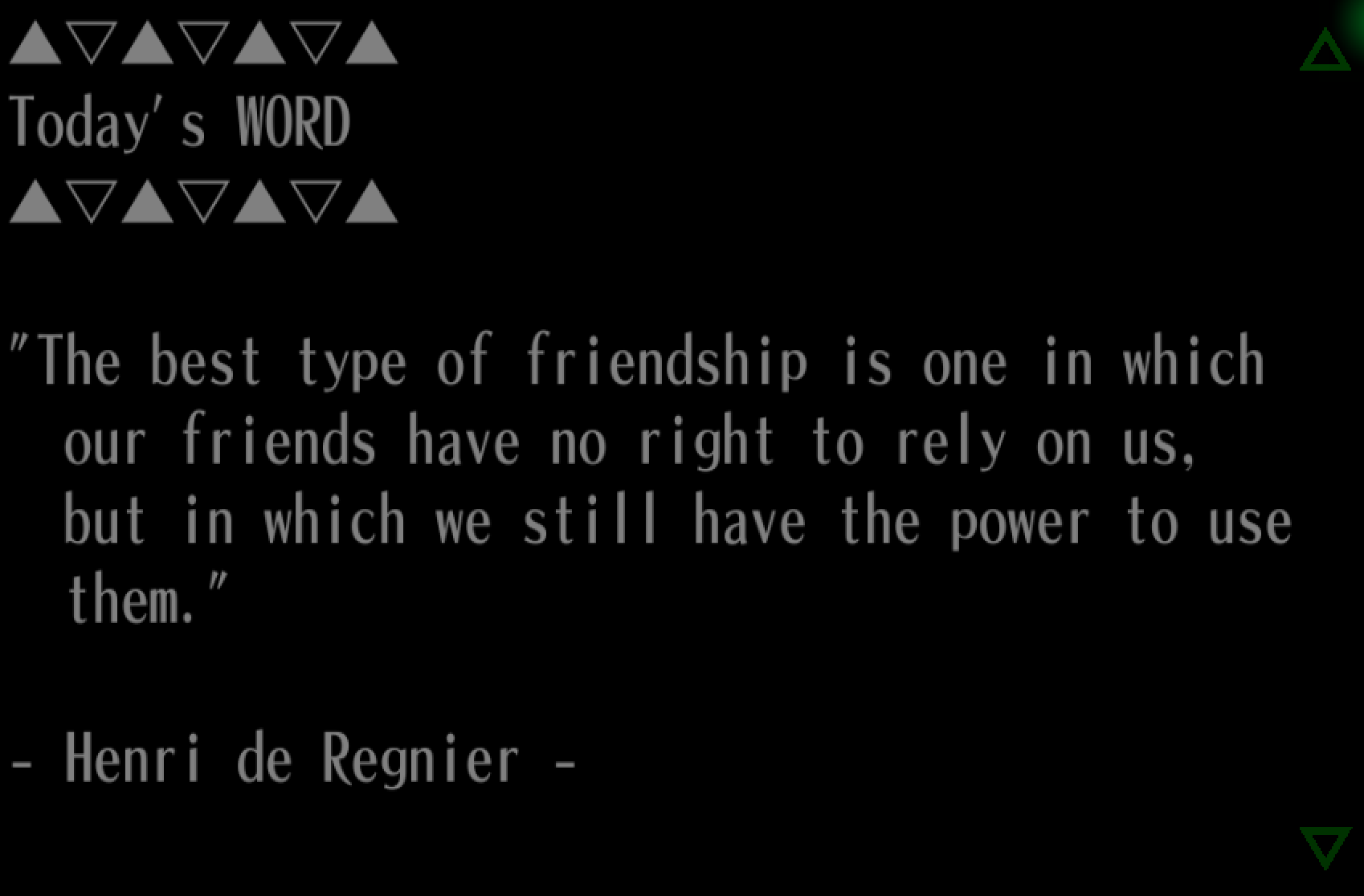
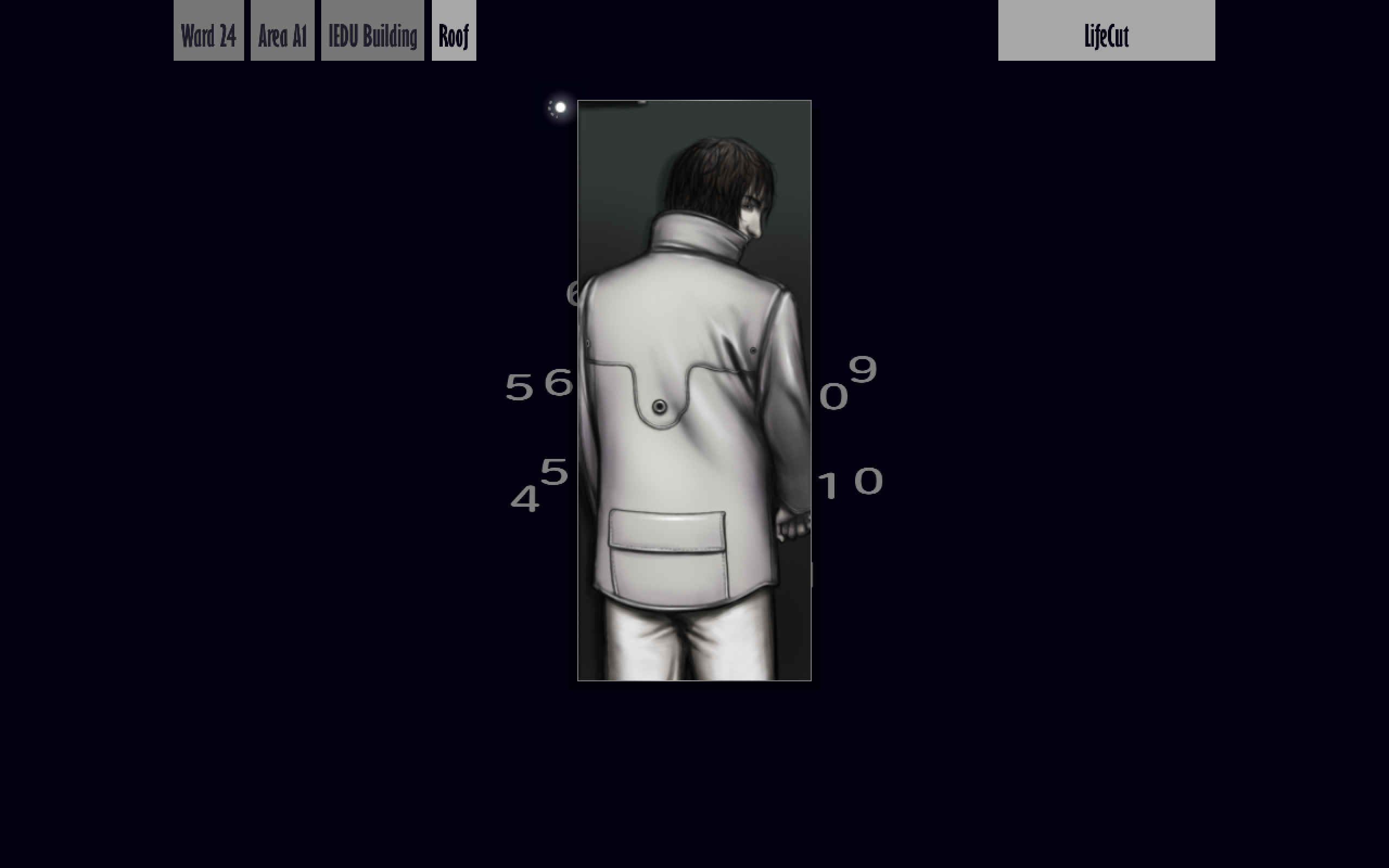

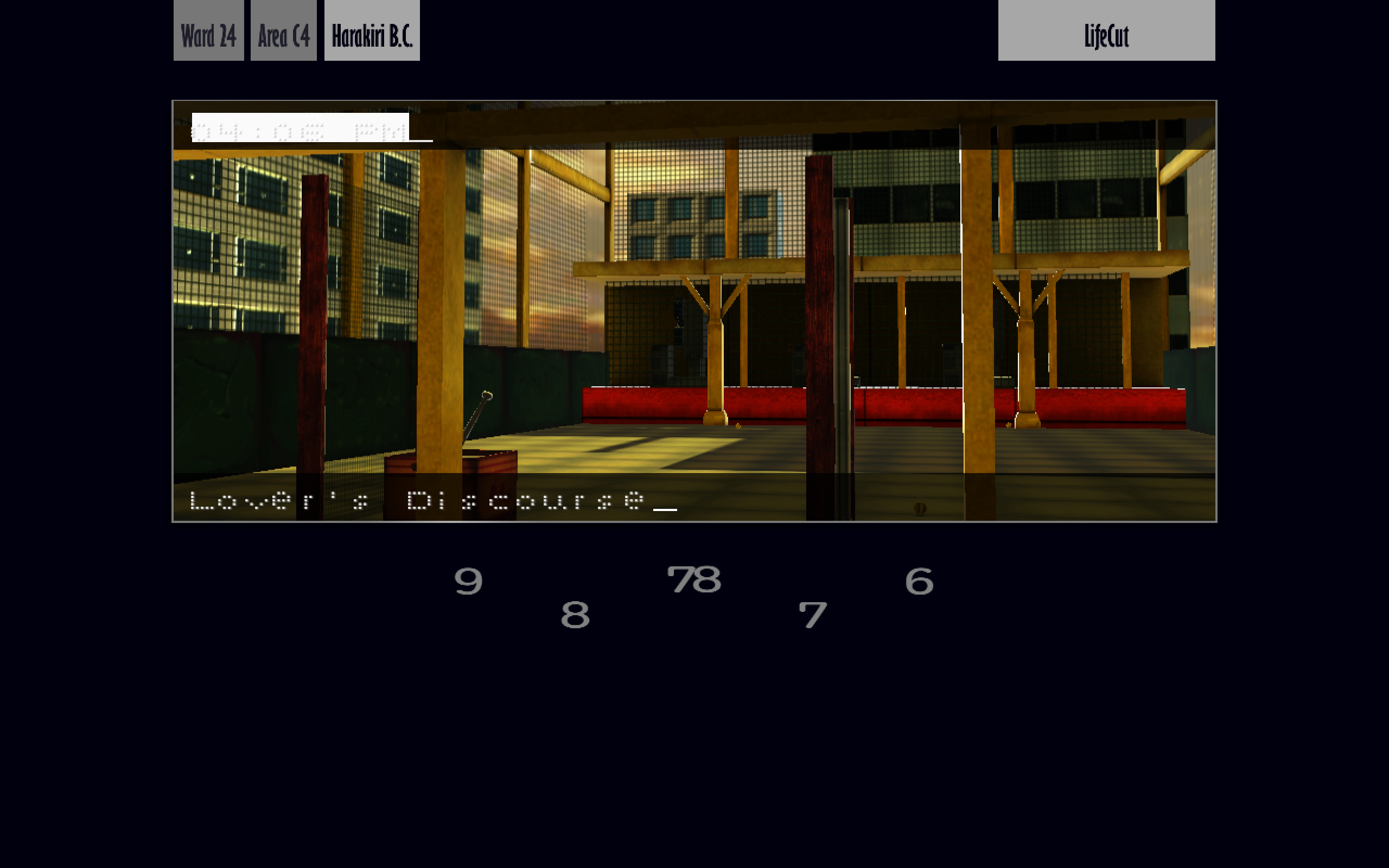
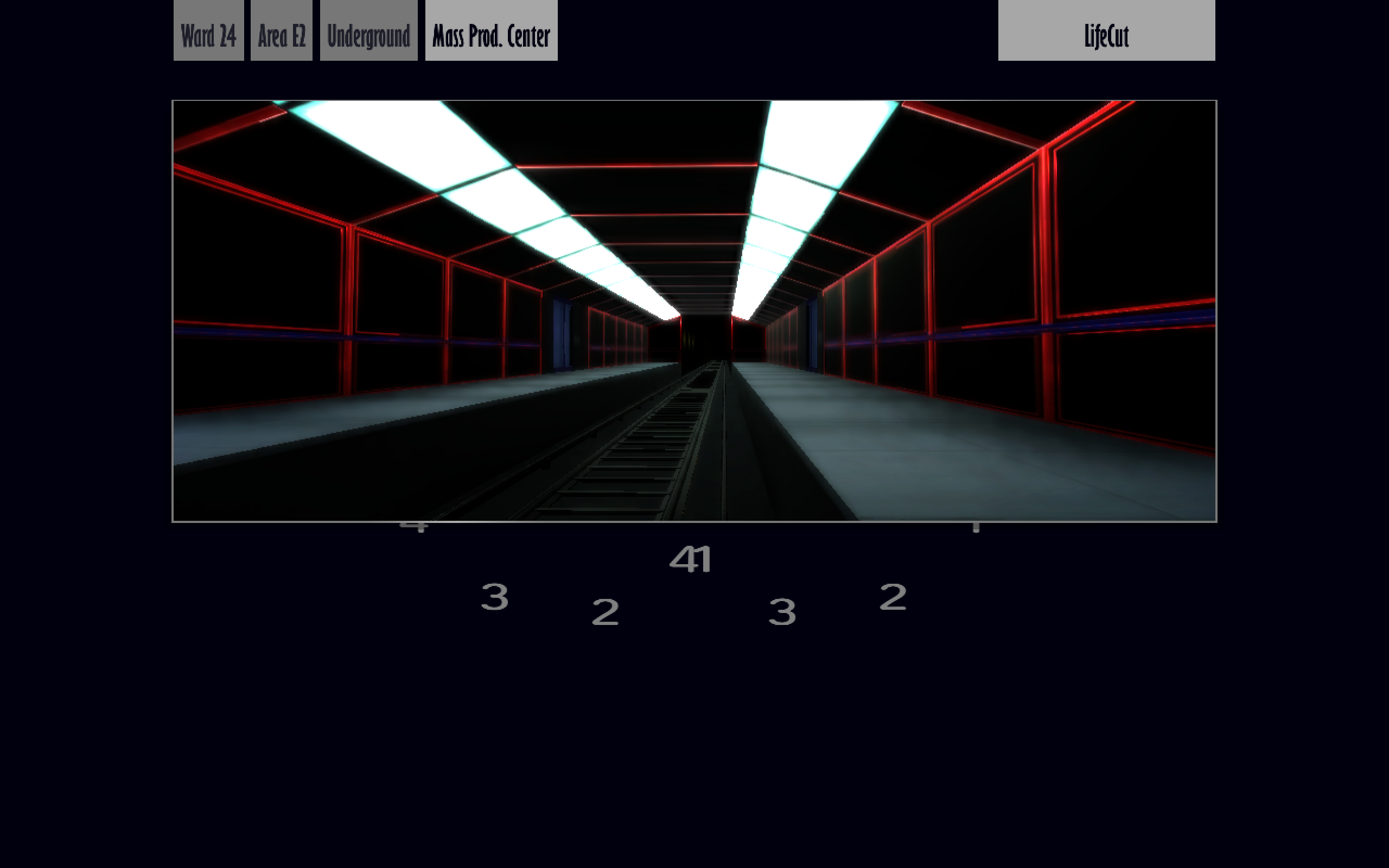
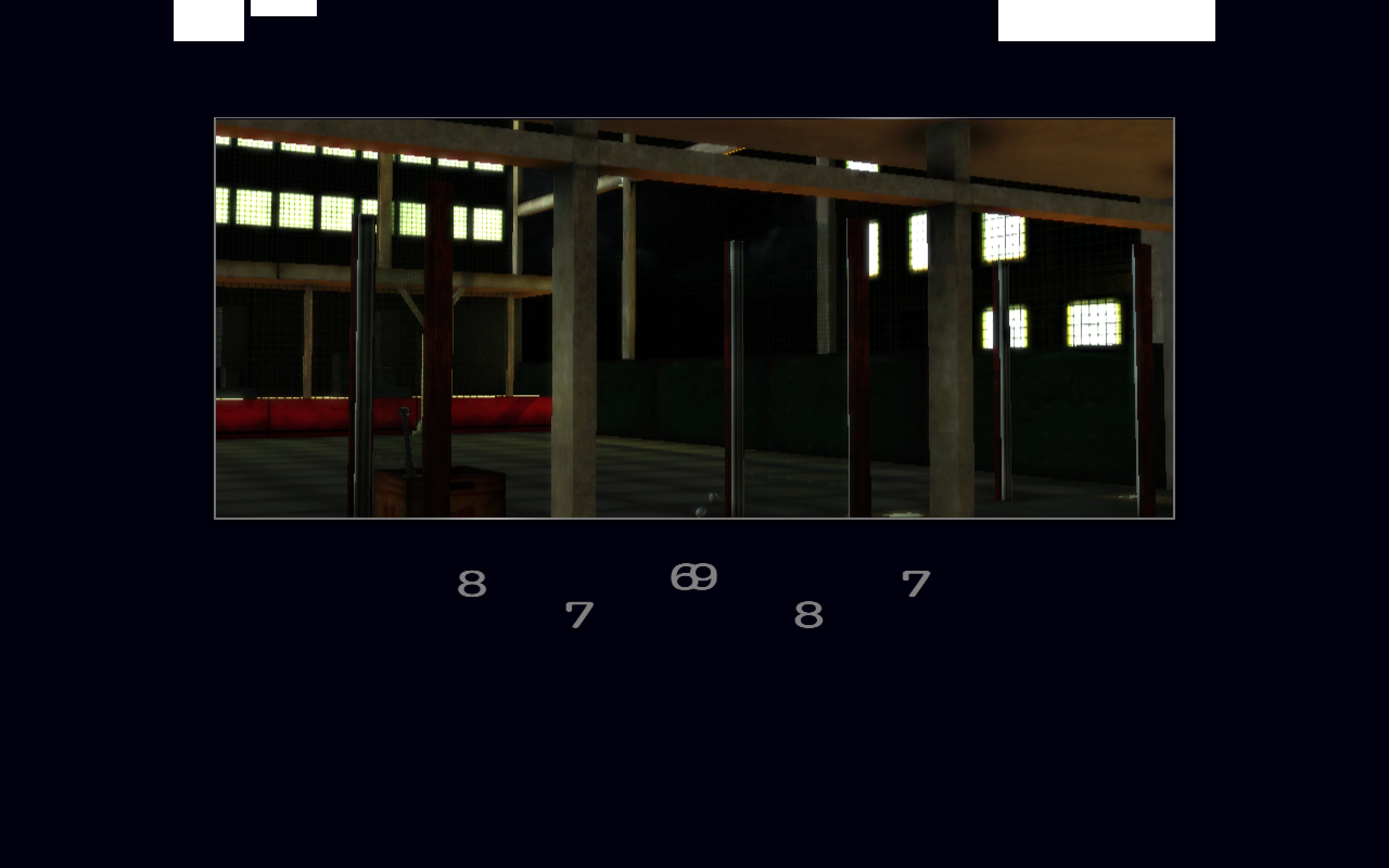
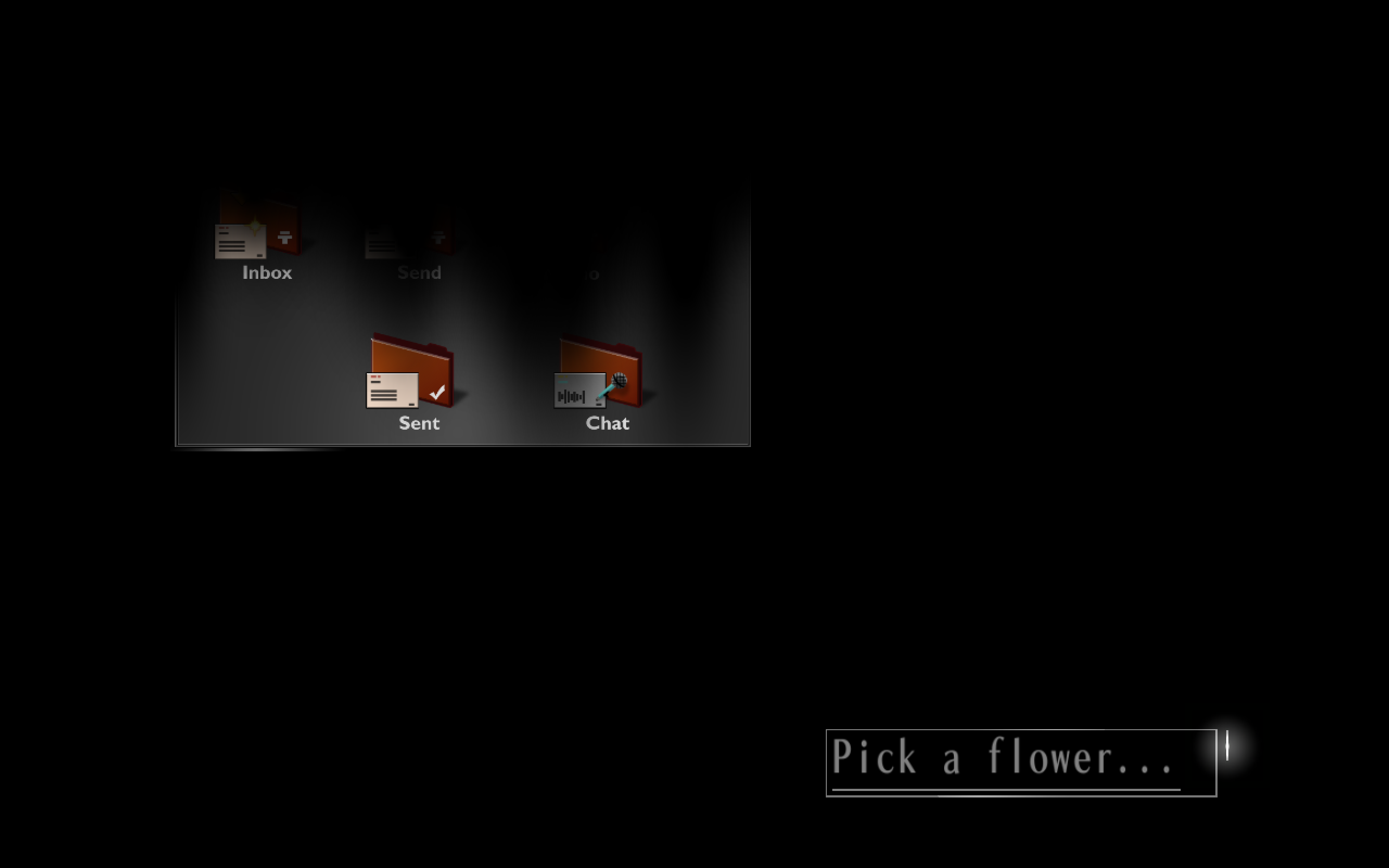
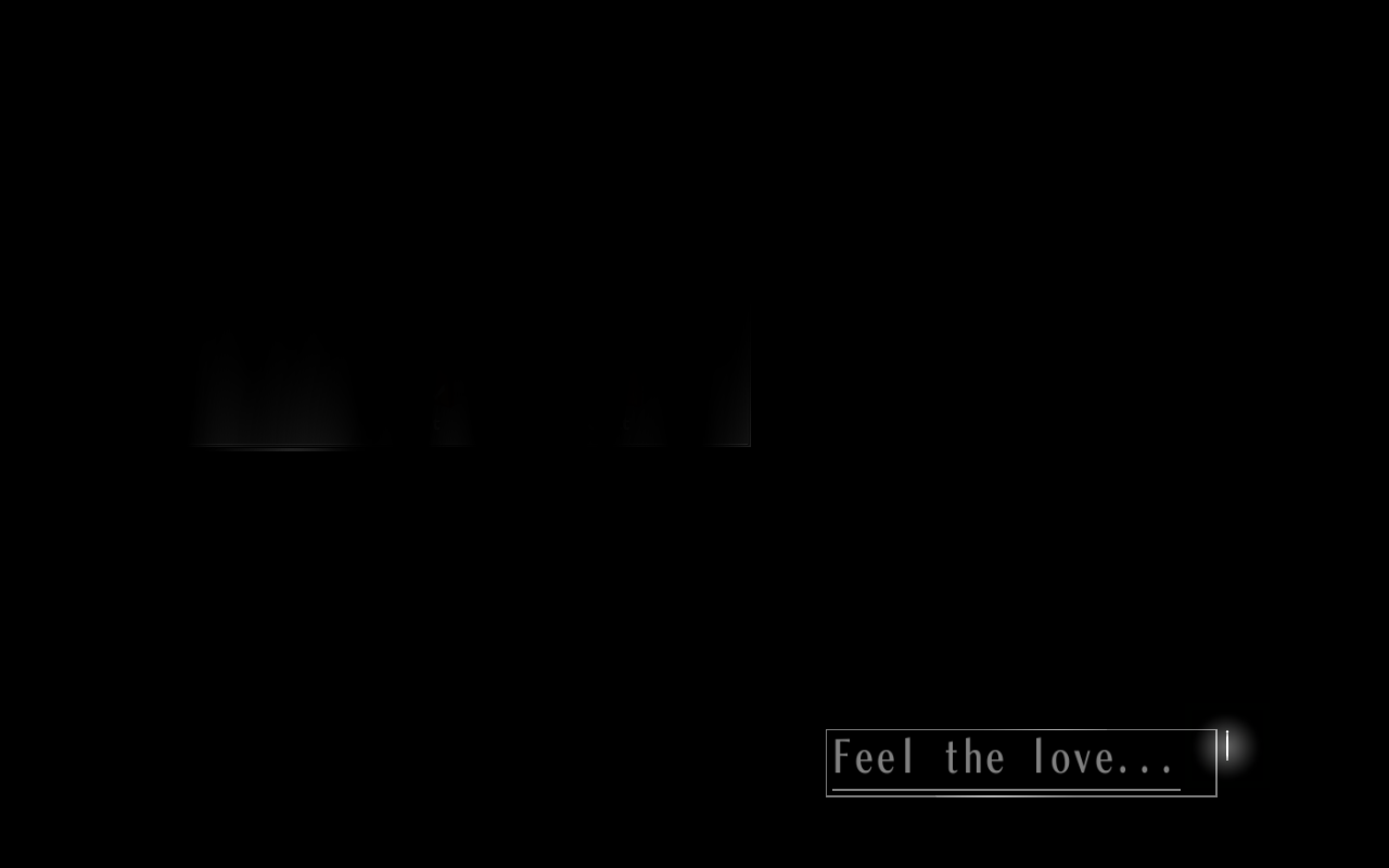
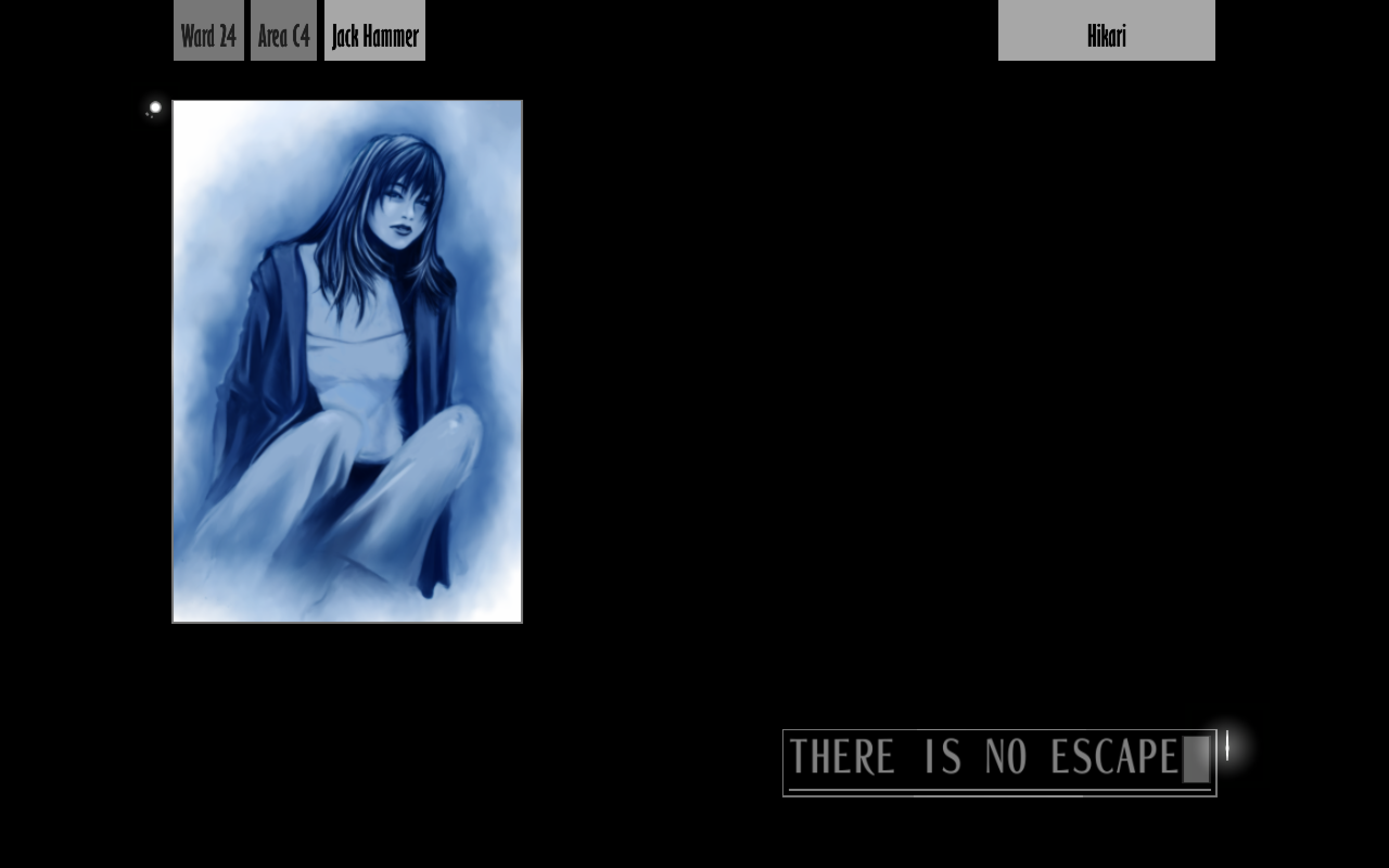
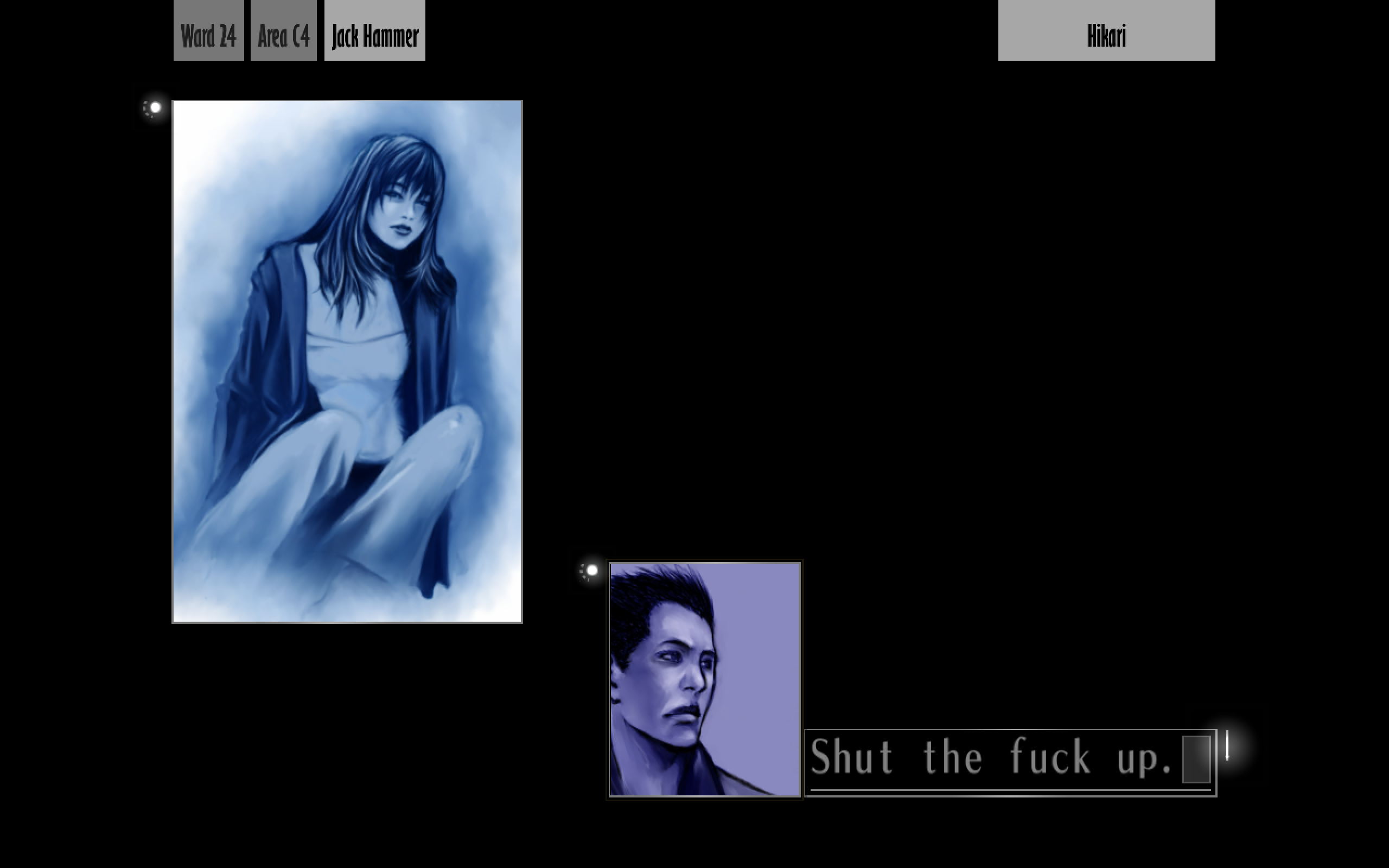
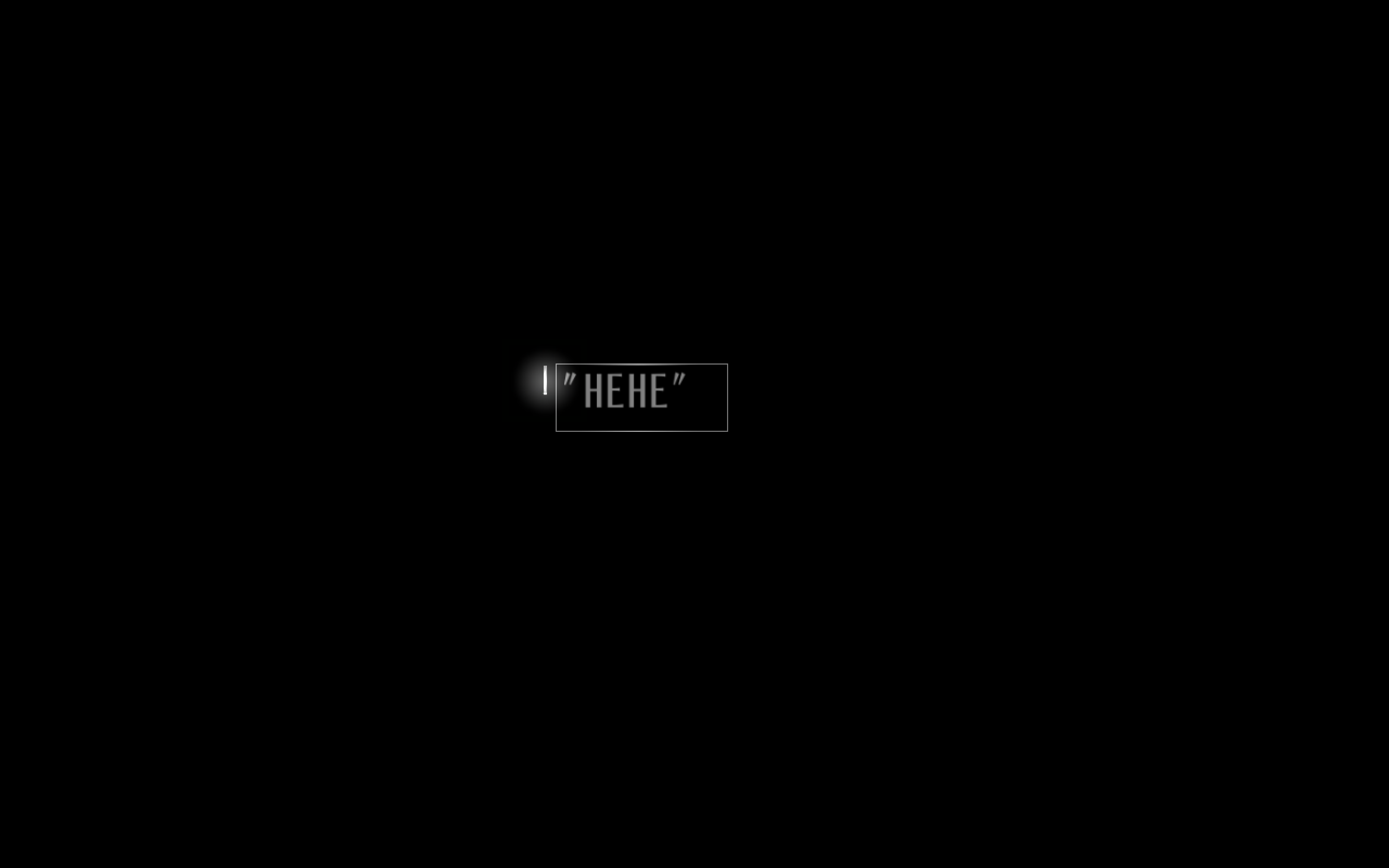
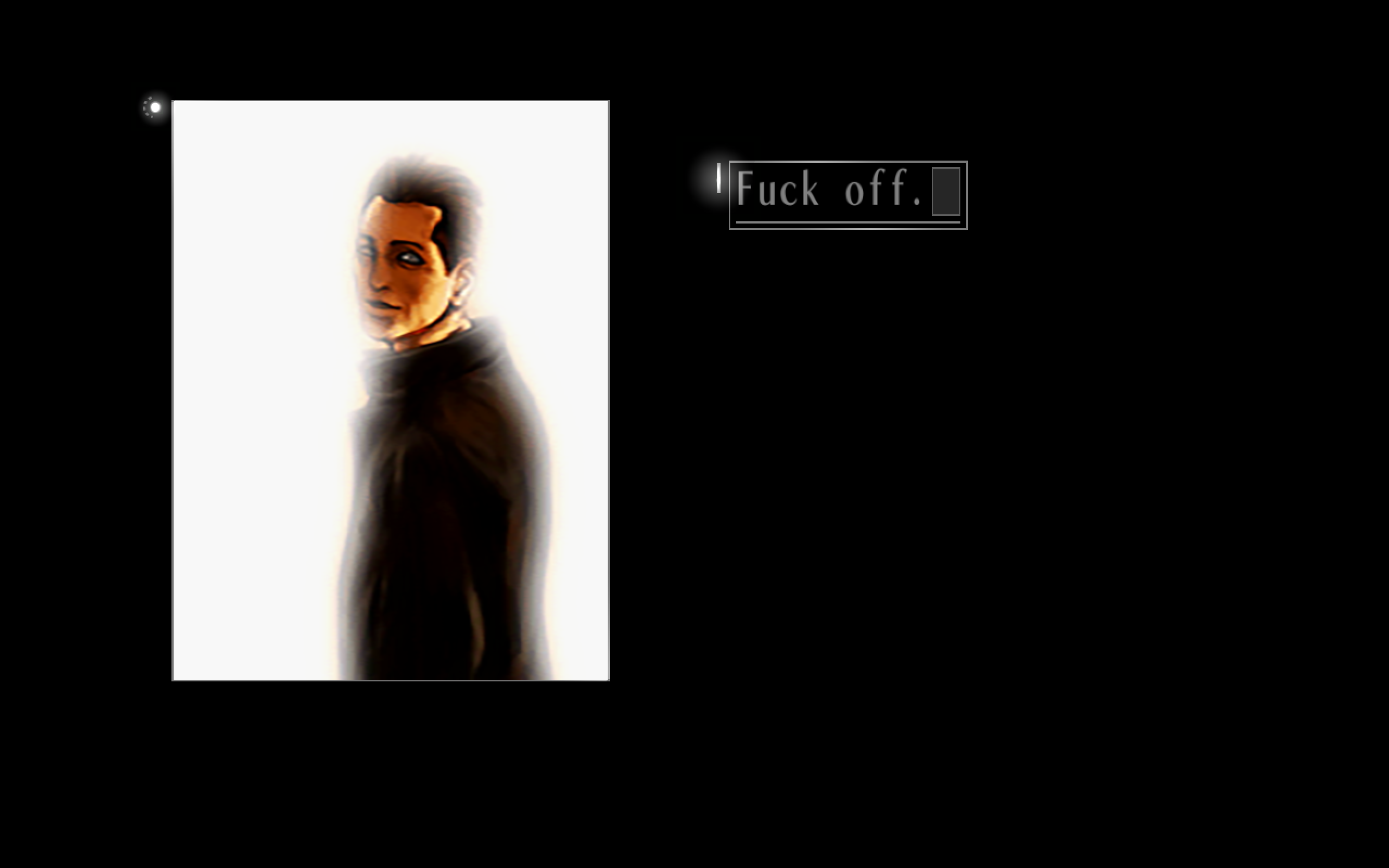
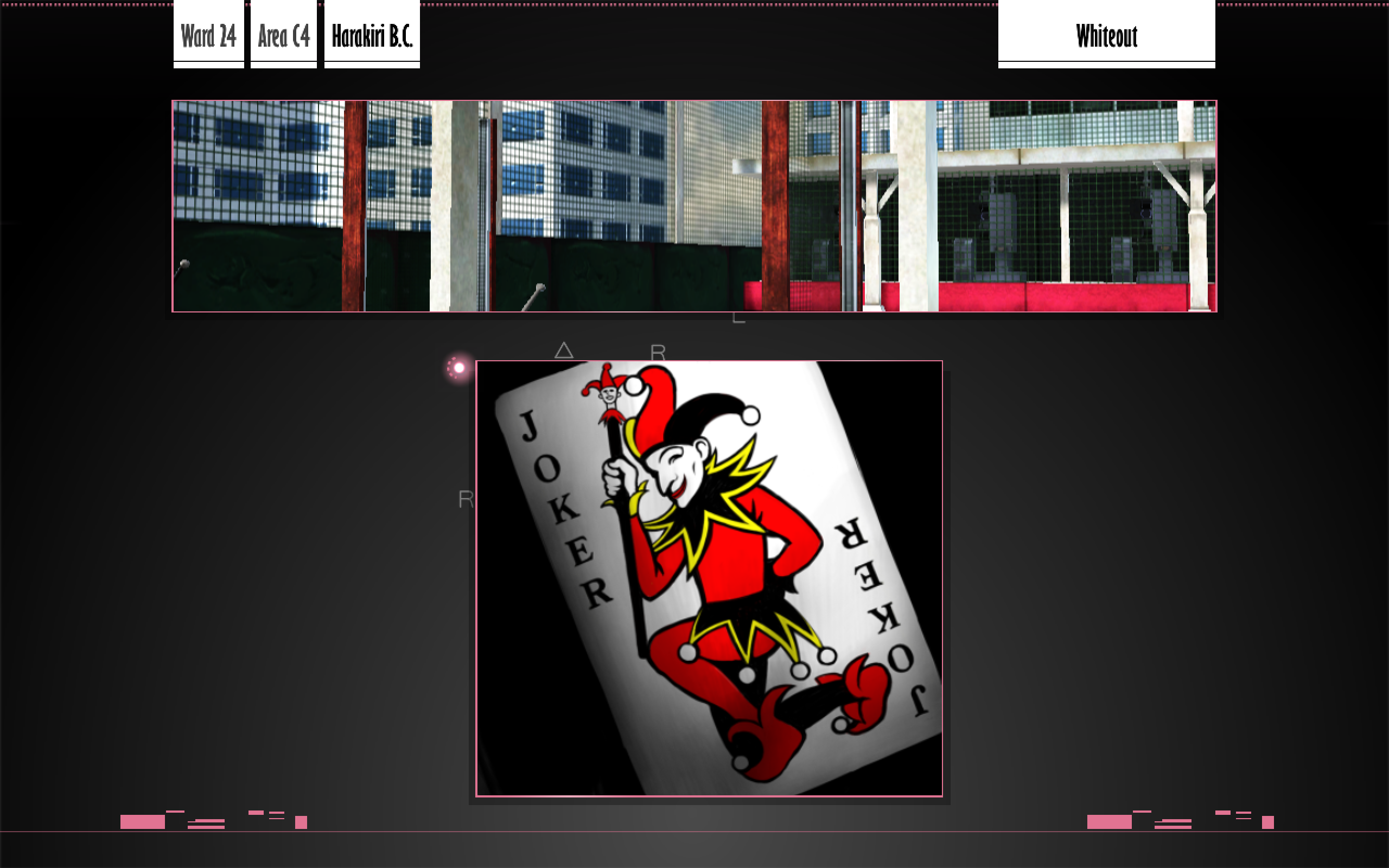
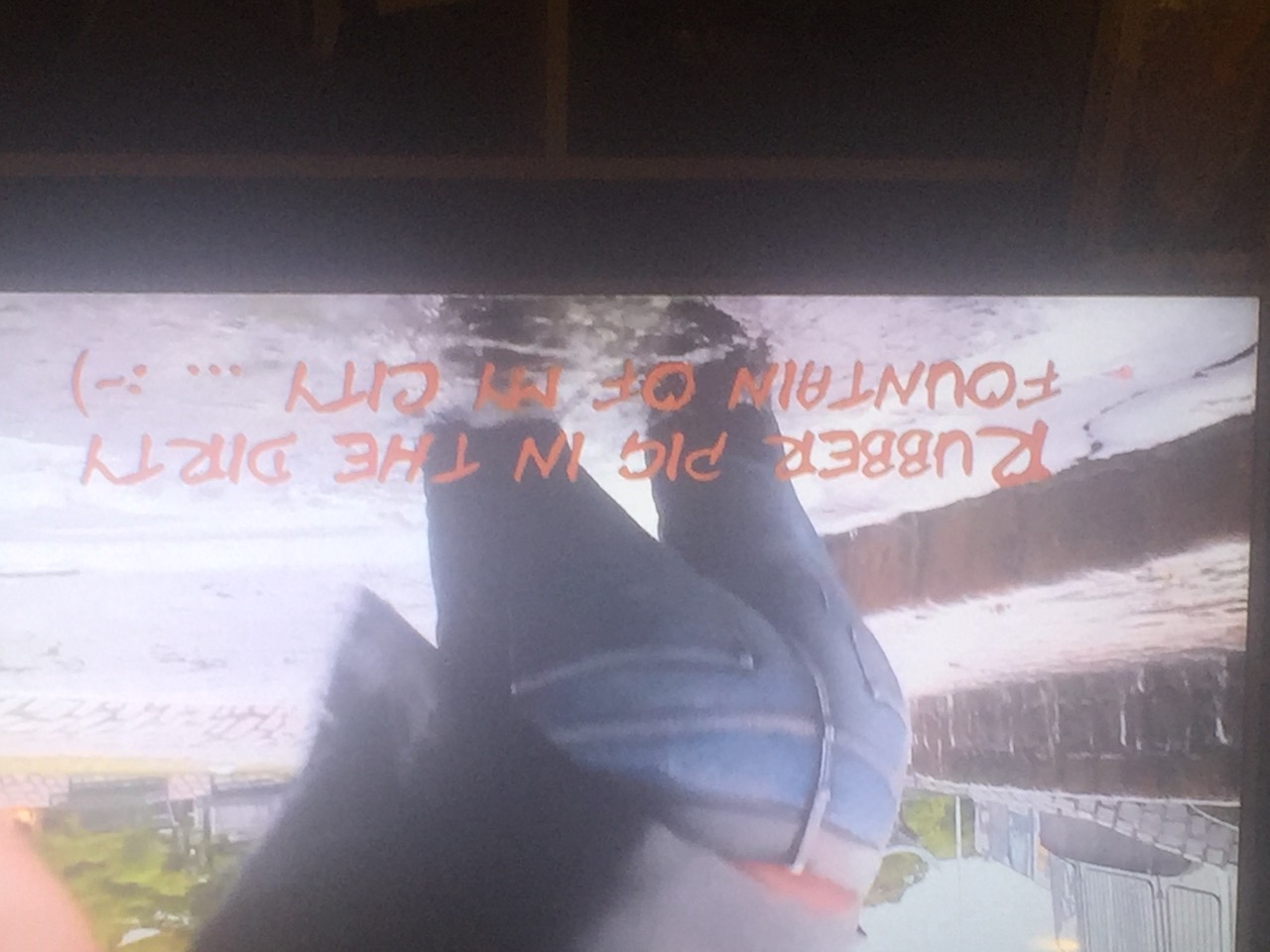
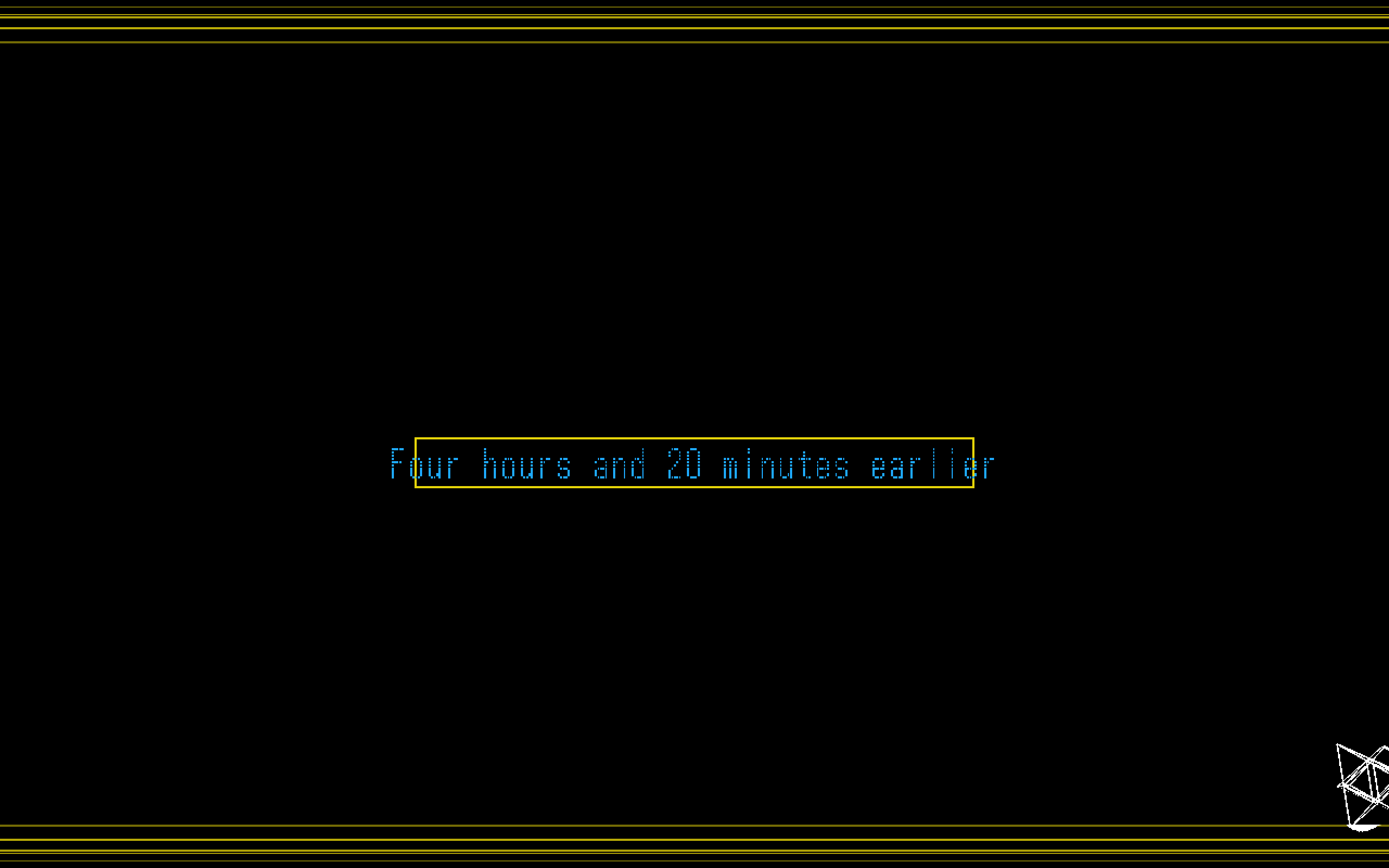

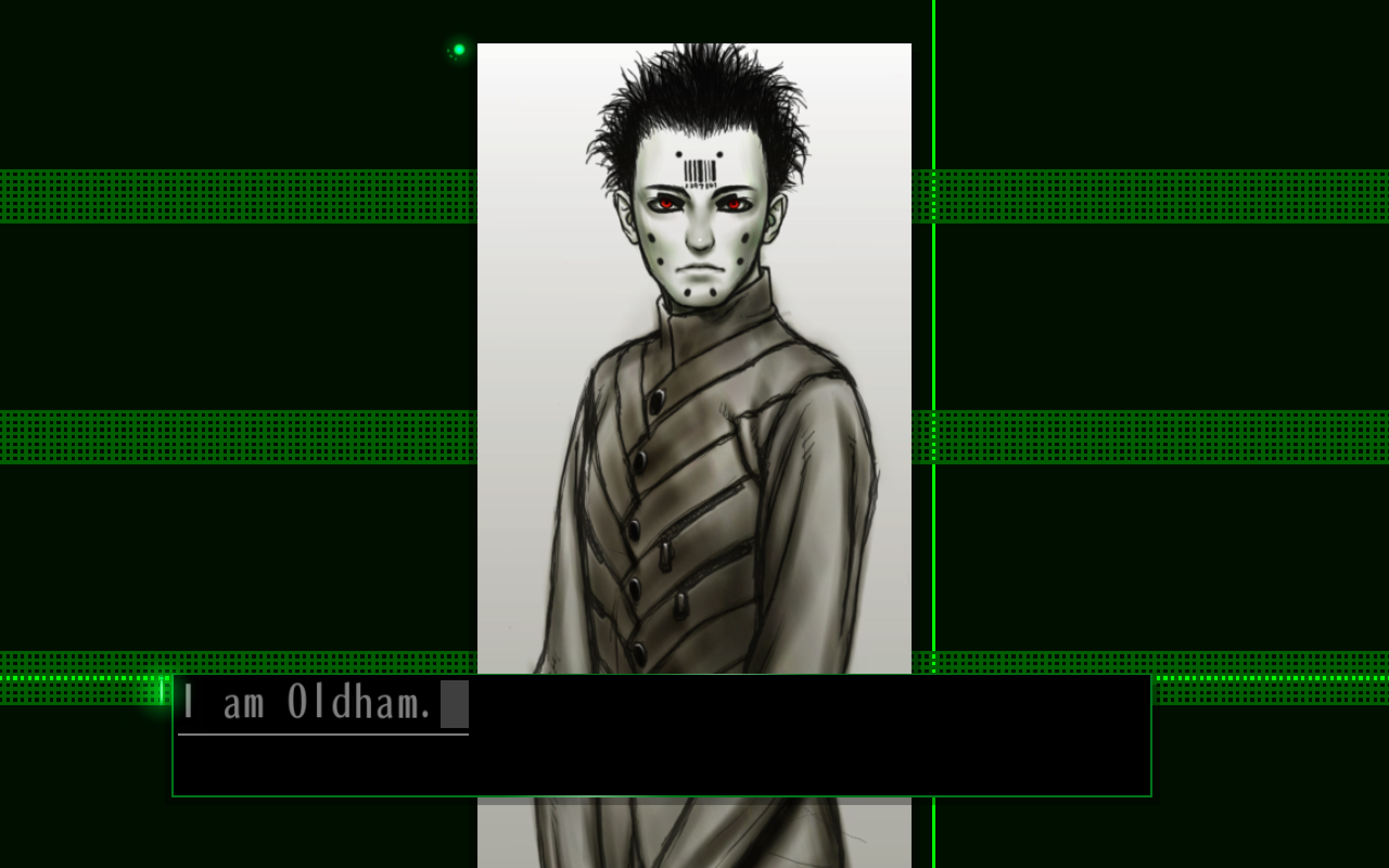
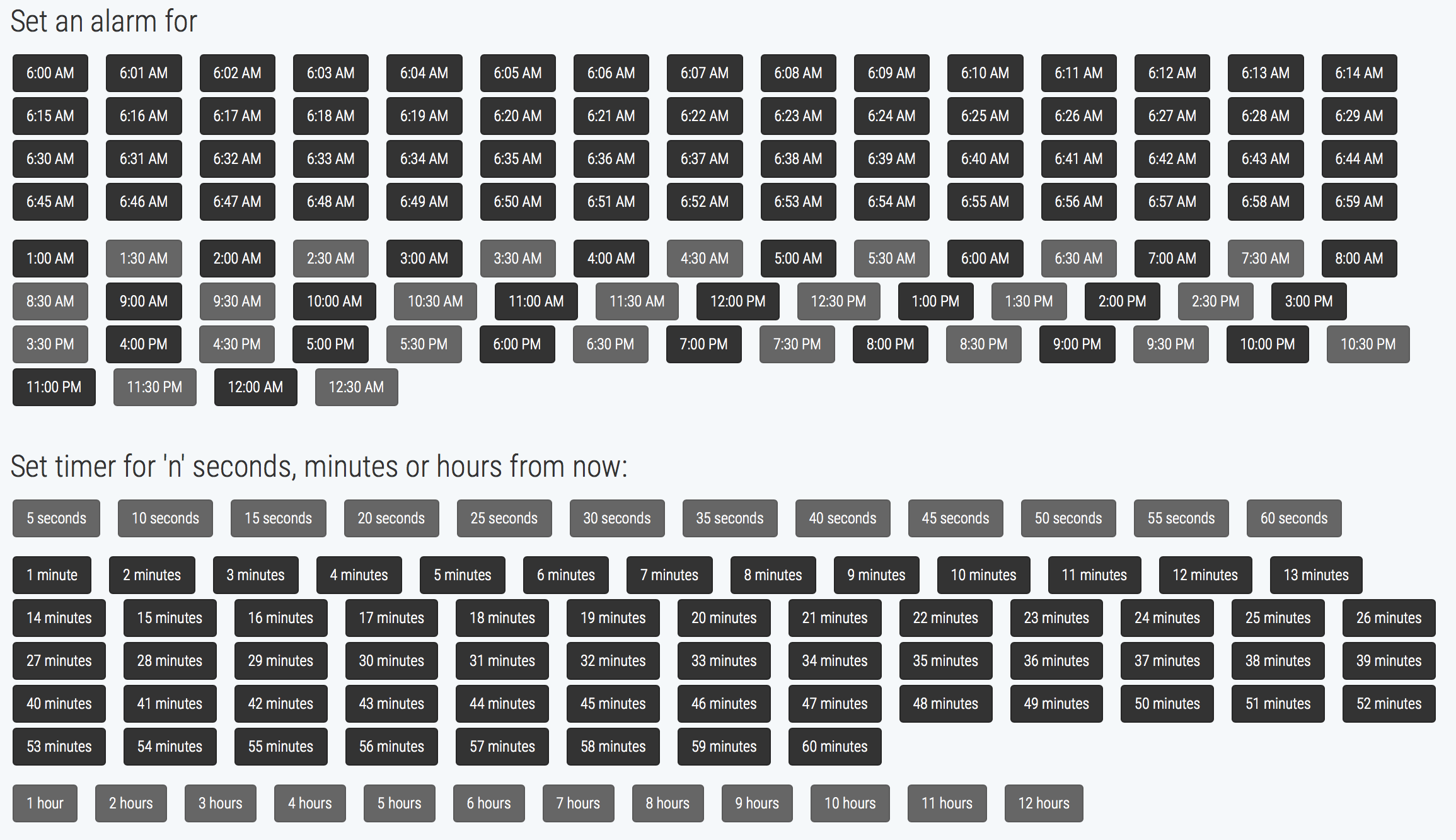
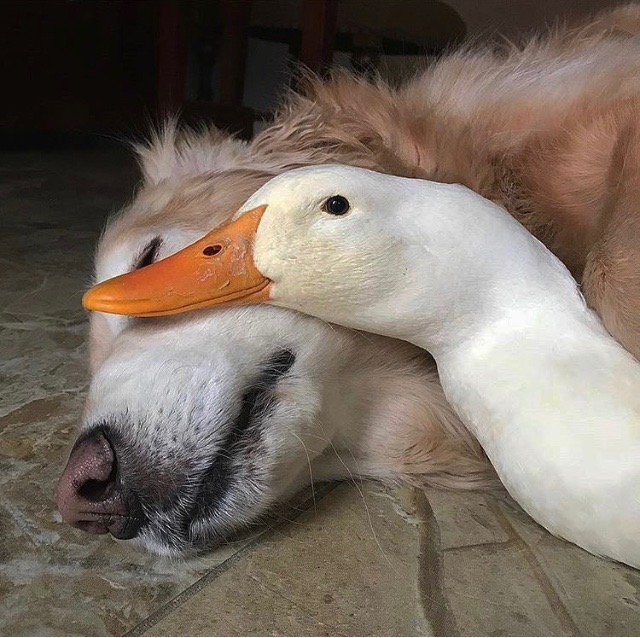




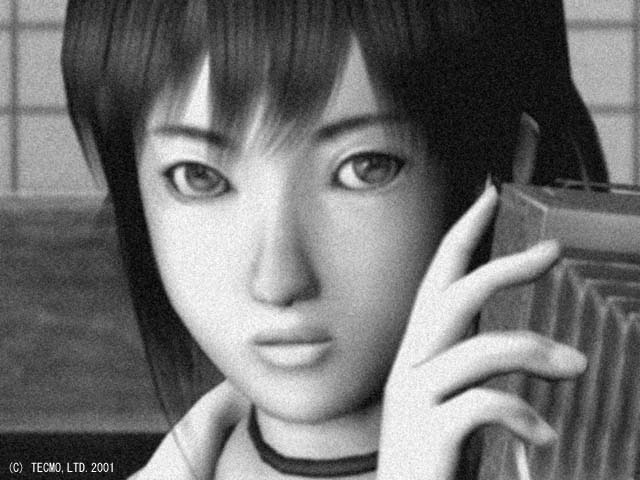
Nature of explanation offered: It was stated that while the novel and the play were both pleasing intellectual exercises, the novel was inferior to the play inasmuch as it lacked the outward accidents of illusion, frequently inducing the reader to be outwitted in a shabby fashion and caused to experience a real concern for the fortunes of illusory characters. The play was consumed in wholesome fashion by large masses in places of public resort; the novel was self-administered in private. The novel, in the hands of an unscrupulous writer, could be despotic. In reply to an inquiry, it was explained that a satisfactory novel should be a self-evident sham to which the reader could regulate at will the degree of his credulity. It was undemocratic to compel characters to be uniformly good or bad or poor or rich. Each should be allowed a private life, self-determination and a decent standard of living. This would make for self-respect, contentment and better service. It would be incorrect to say that it would lead to chaos. Characters should be interchangeable as between one book and another. The entire corpus of exiting literature should be regarded as a limbo from which discerning authors could draw their characters as required, creating only when they failed to find a suitable existing puppet. The modern novel should be largely a work of reference. Most authors spend their time saying what has been said before—usually said much better. A wealth of references to existing works would acquaint the reader instantaneously with the nature of each character, would obviate tiresome explanations and would effectively preclude mountebanks, upstarts, thimbleriggers, and persons of inferior education from an understanding of contemporary literature. Conclusion of explanation.
Orality does provide a unified image, but this image has duration: telling takes time. In these ways the oral image is very much like the weather.
Interestingly enough, the commodity actually loses its money value at the moment of payment — as soon as the commodity is purchased, it is on its way to becoming waste.
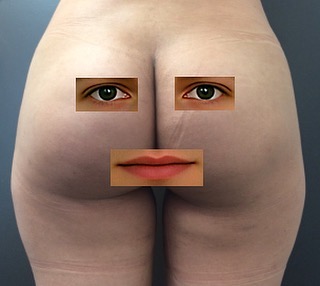

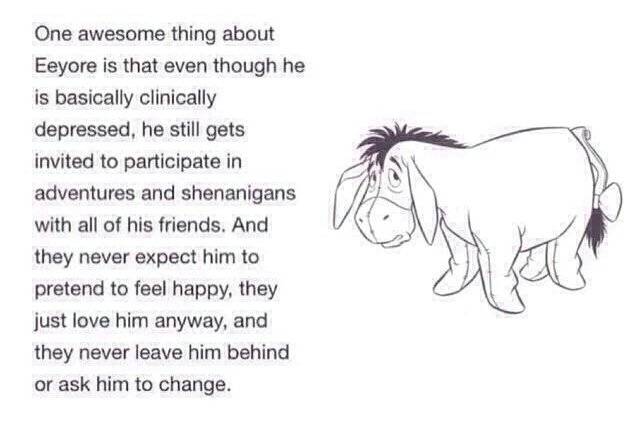

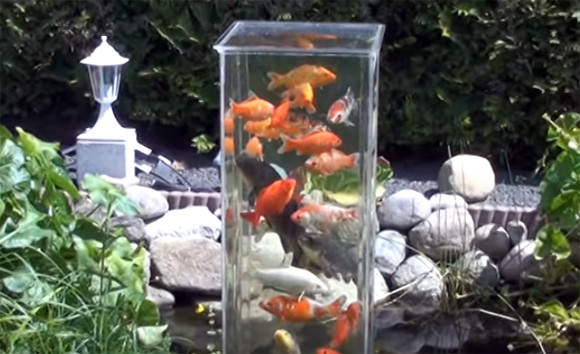
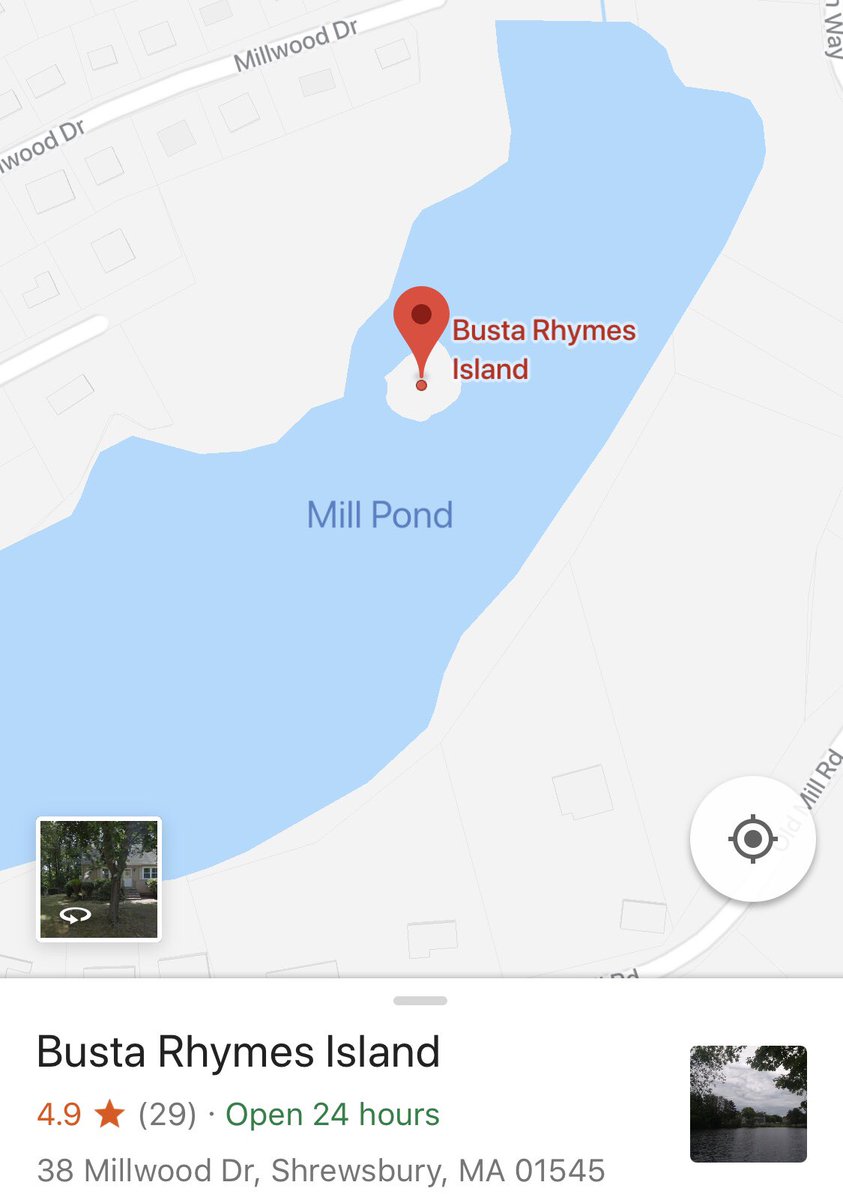


Nature of my reply: Civil, perfunctory, uninformative.
I was talking to a friend of yours last night, i said drily. I mean Mr. Trellis. He has bought a ream of ruled foolscap and is starting on his story. He is compelling all his characters to live with him in the Red Swan Hotel so that he can keep an eye on them and see that there is no boozing.
I see, said Brinsley.
Most of them are characters used in other books, chiefly the works of another great writer called Tracy. There is a cowboy in Room 13 and Mr. McCool, a hero of old Ireland, is on the floor above. The cellar is full of leprechauns.
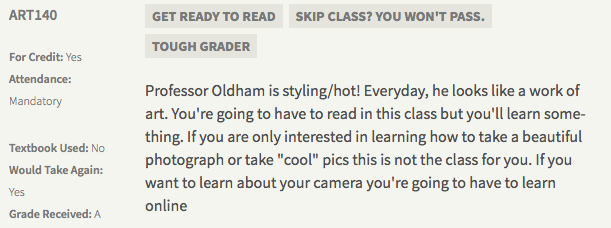
The alien is that which stems from elsewhere and does not belong here ... The stranger who does not know the ways of the foreign land wanders about lost; if he learns its ways too well, he forgets that he is a stranger and gets lost in a different sense by succumbing to the lure of the alien world and becoming estranged to his own origin ... The recollection of his own alienness, the recognition of his place of exile for what it is, is the first step back; the awakened homesickness is the beginning of the return.



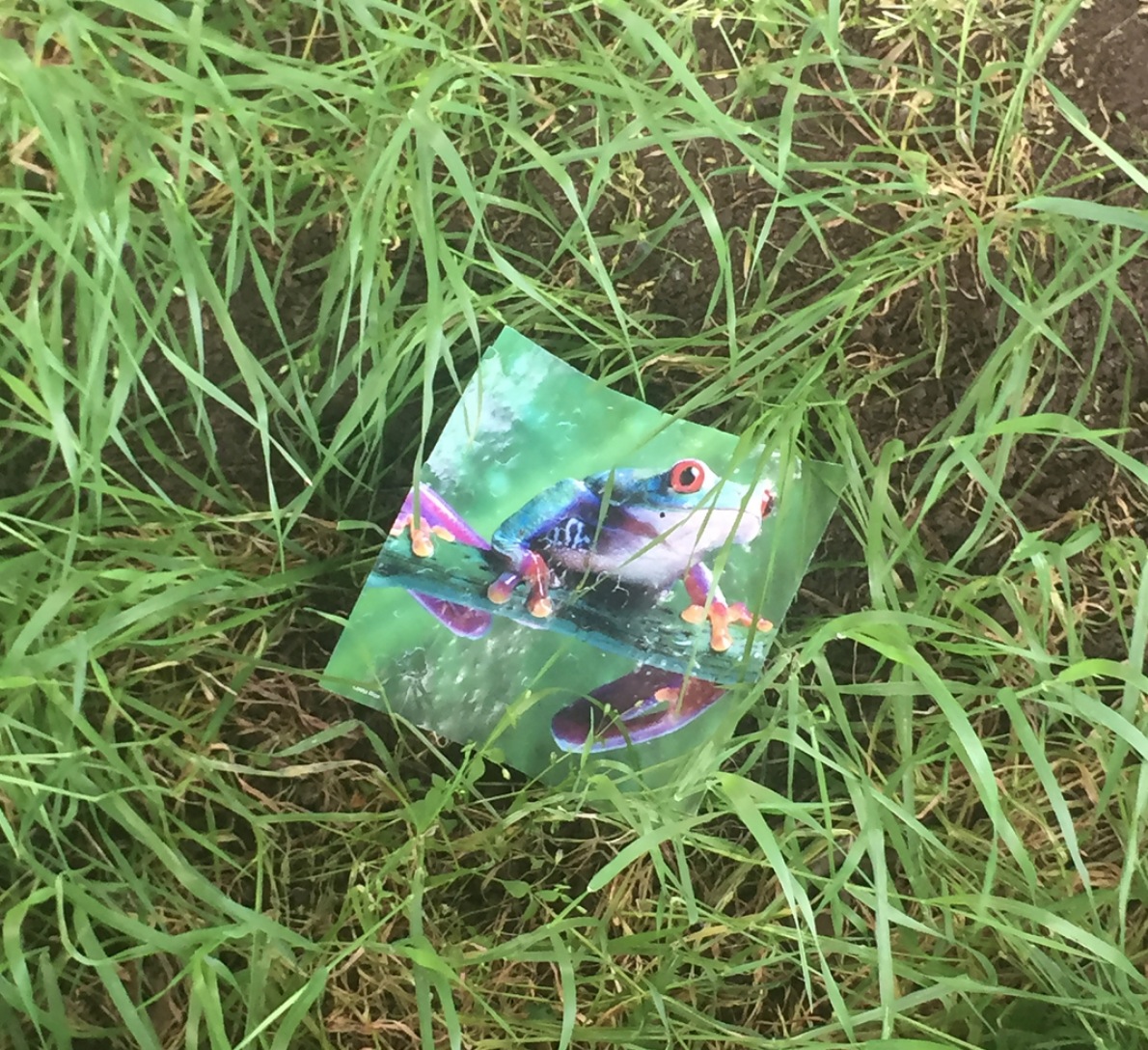
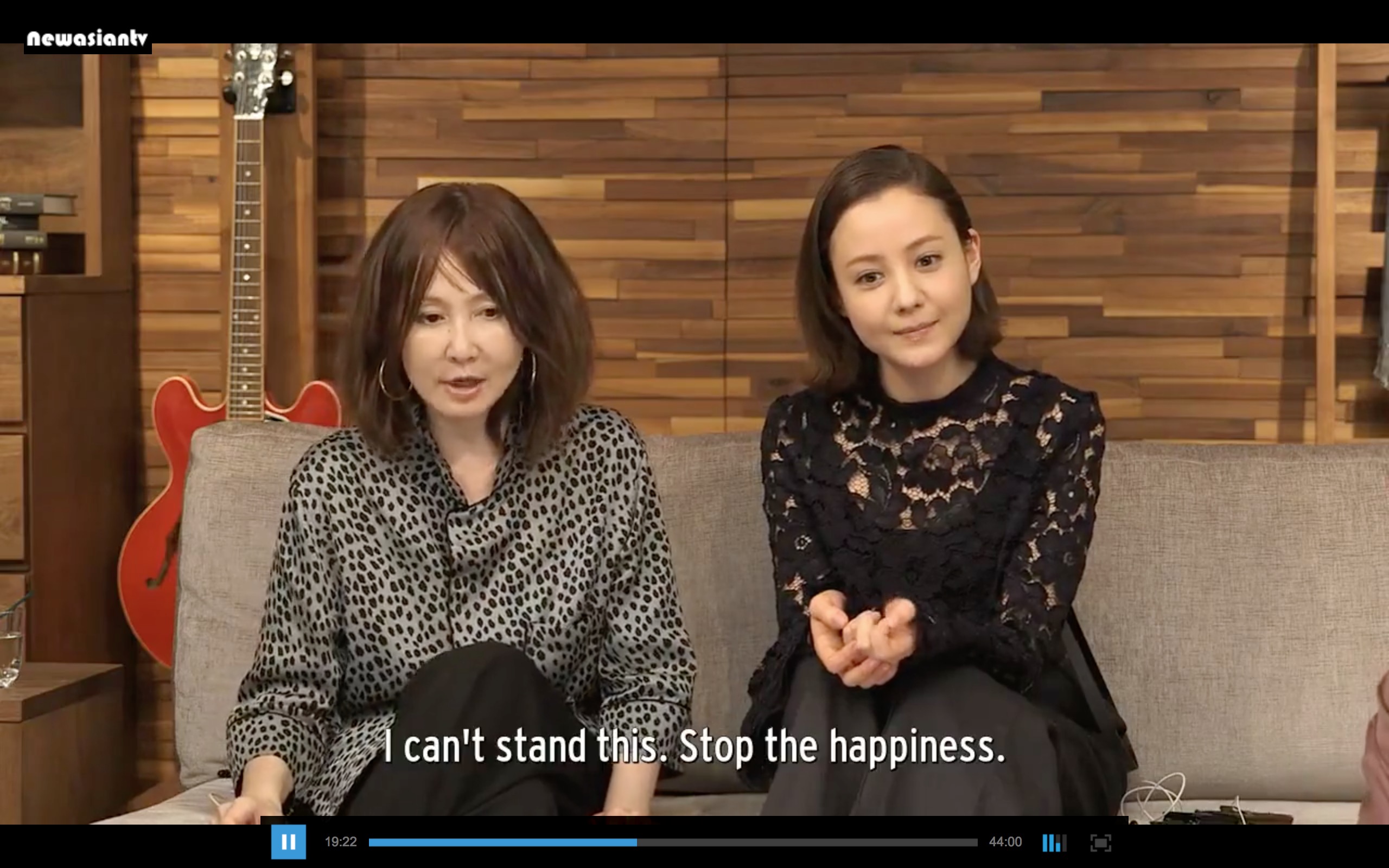
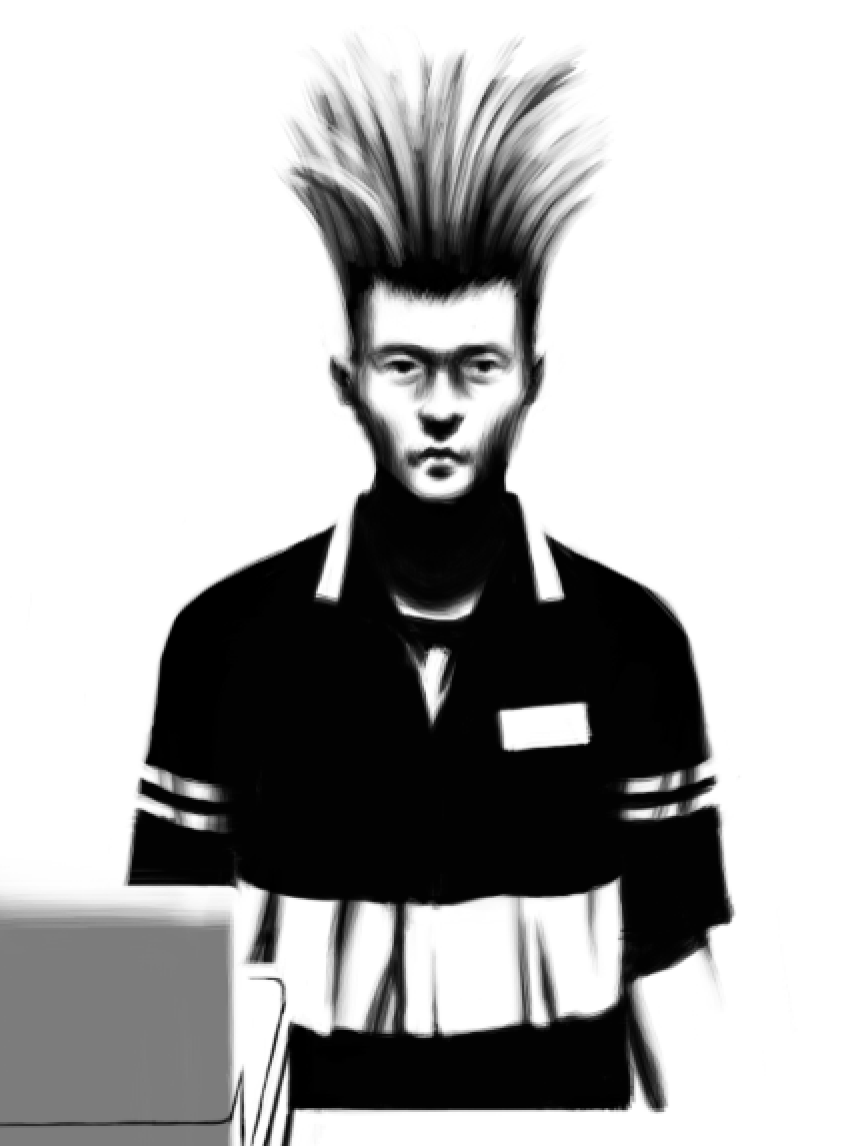
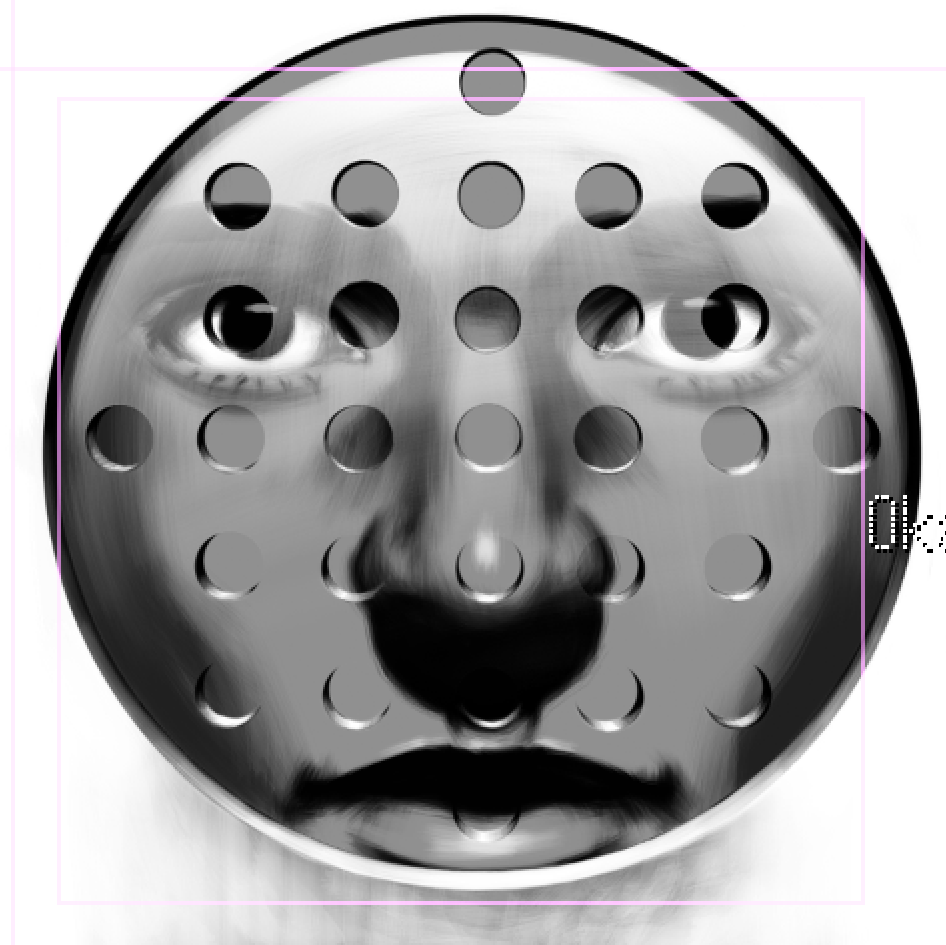
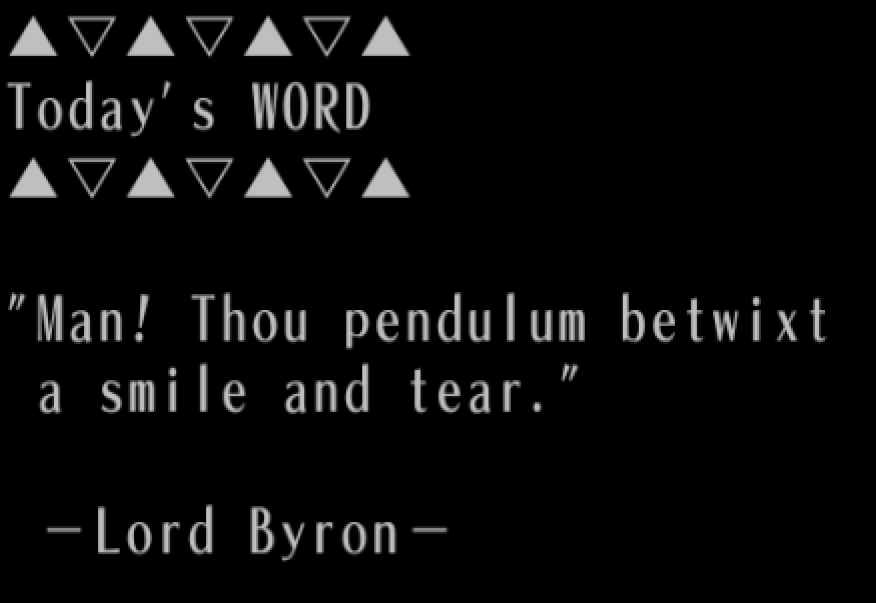
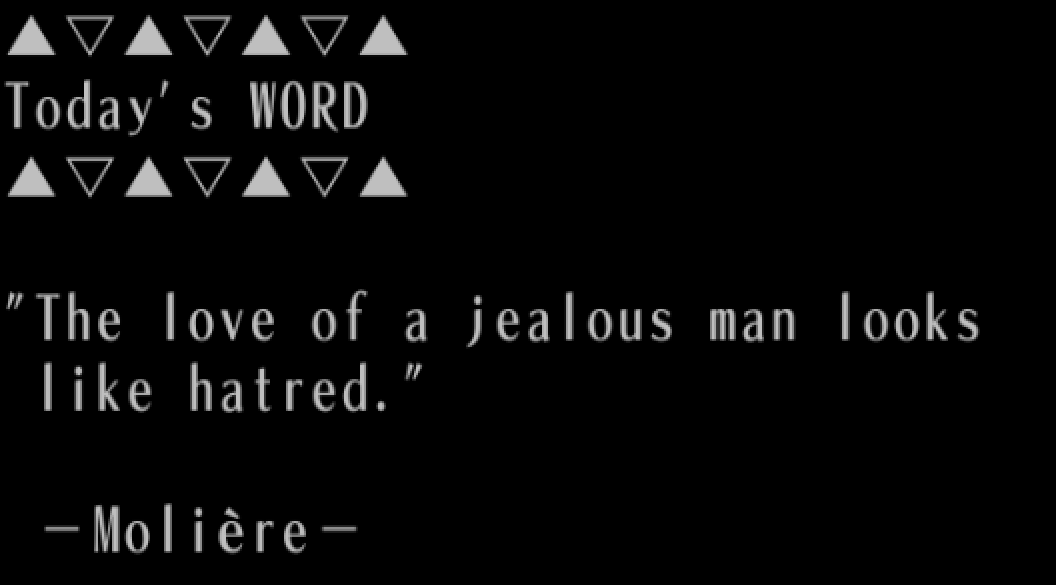
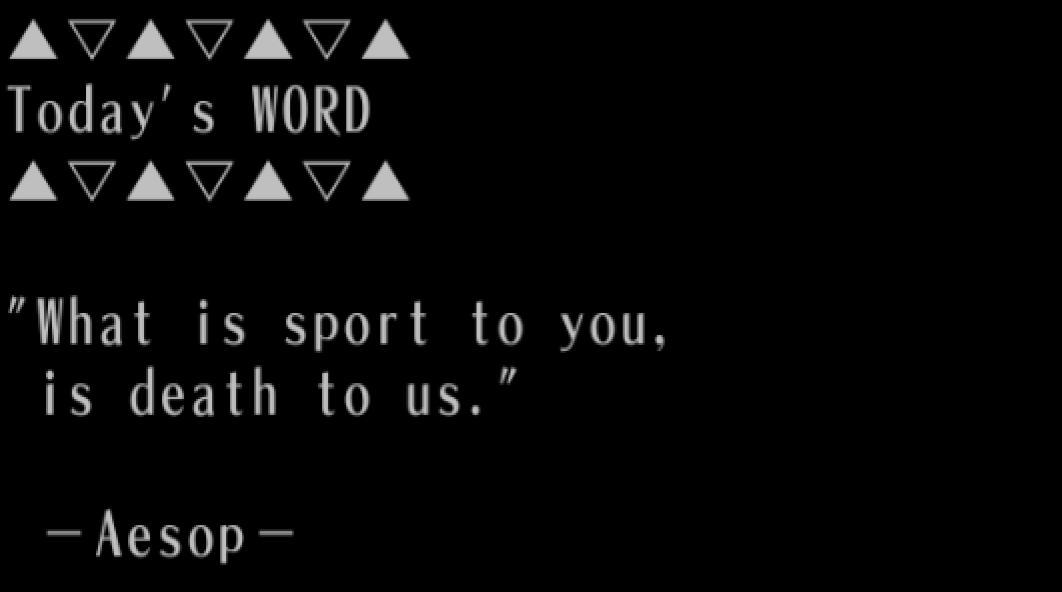



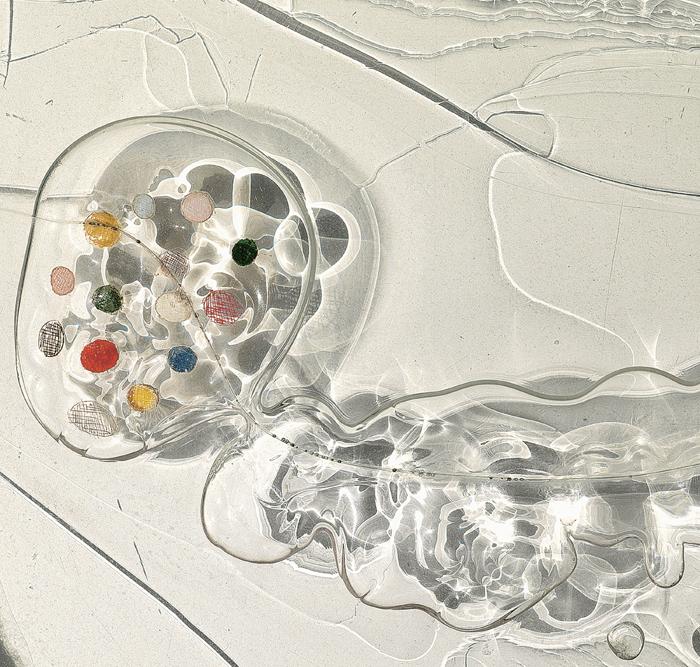

the achievement of a successful act of procreation involving two unknown quantities
There was a clock plainly visible but the hours were told by a liveries attendant who emerged from a small office in the wall and pealed a shrill bell similar to that utilized by auctioneers and street-criers; the bell served this purpose, that it notified professors—distant in the web of their fine thought—that their discourses should terminate.
We attained nothing on our walk that was relevant to the purpose thereof but we filled up the loneliness of our souls with the music of our two voices